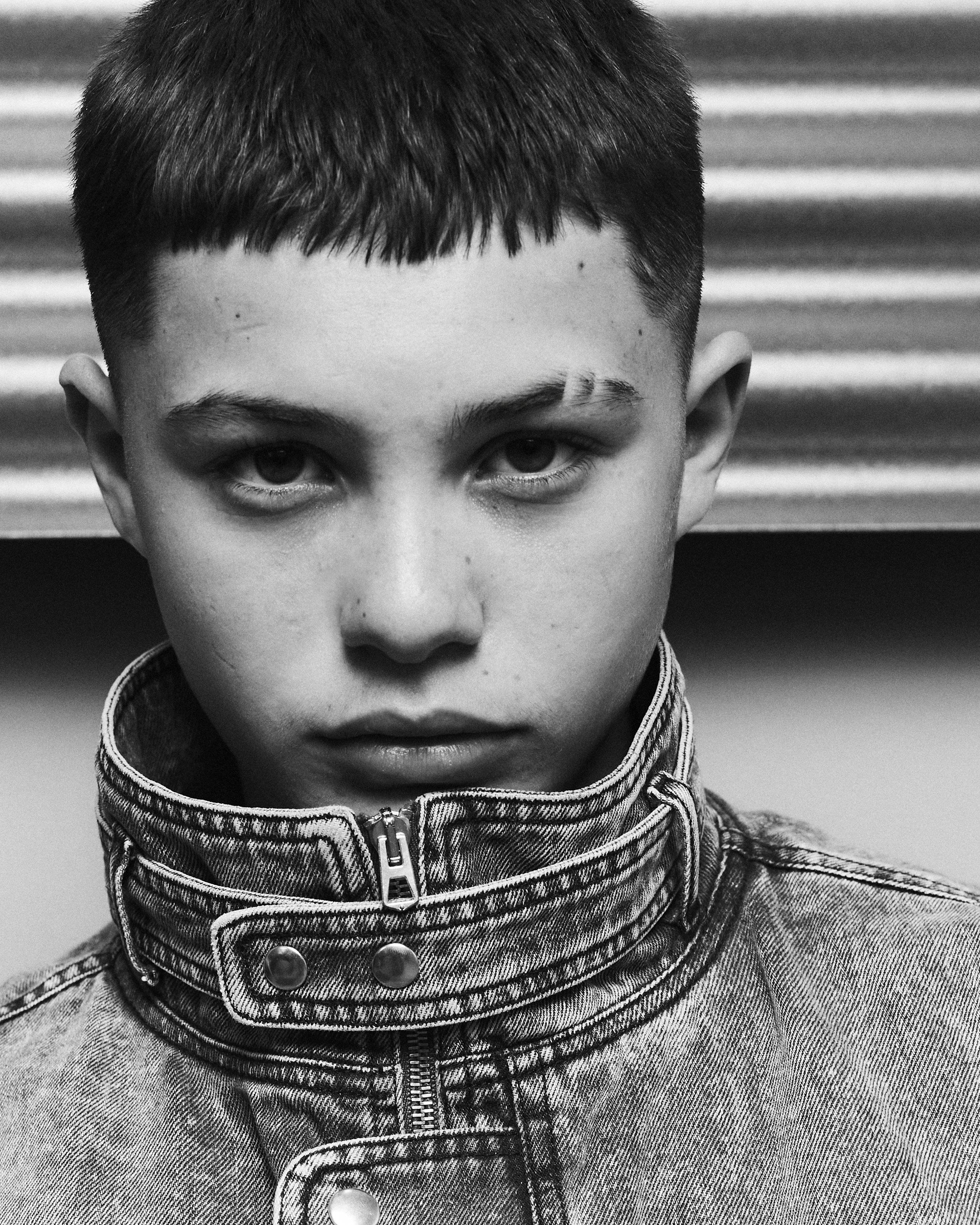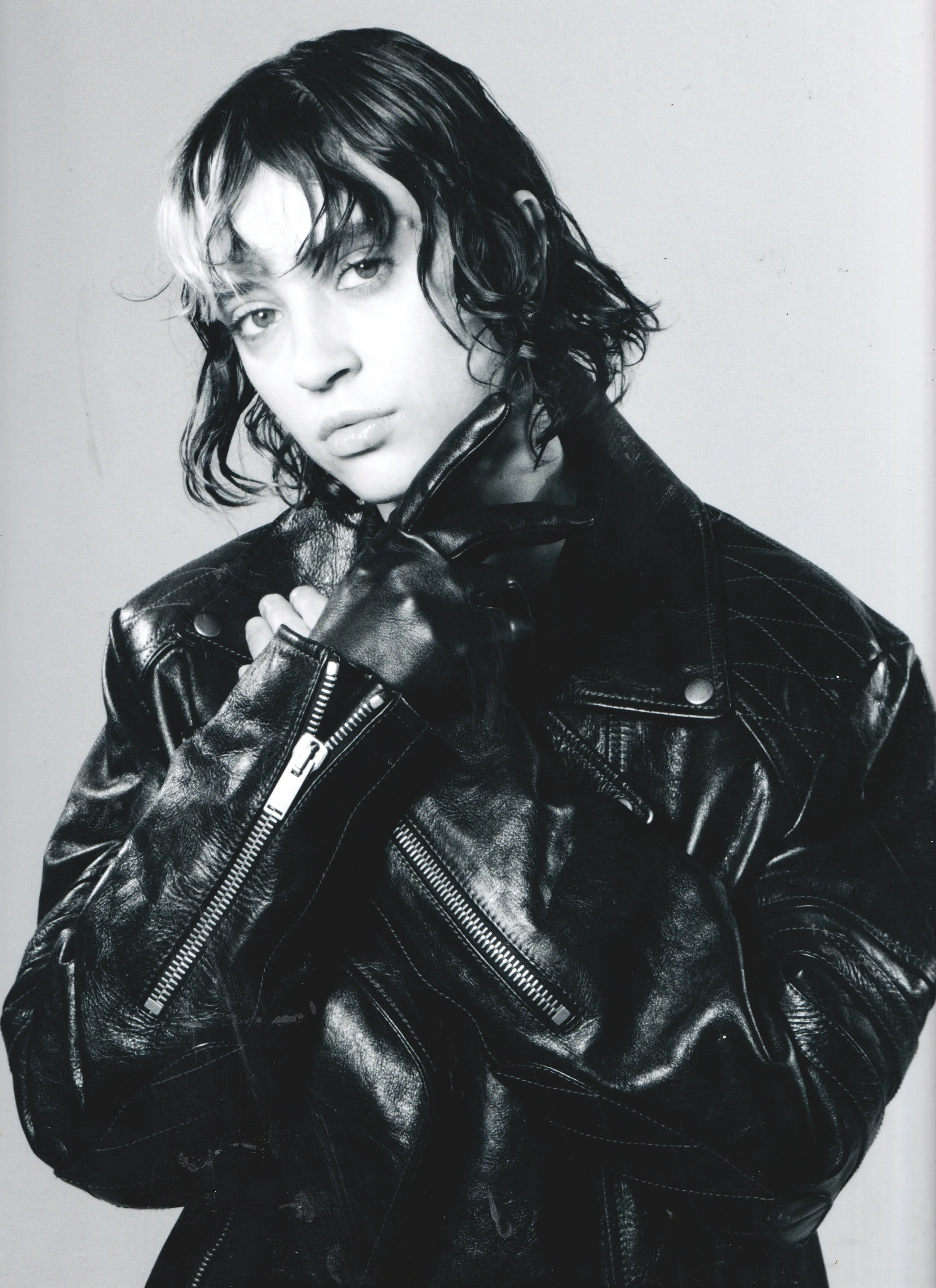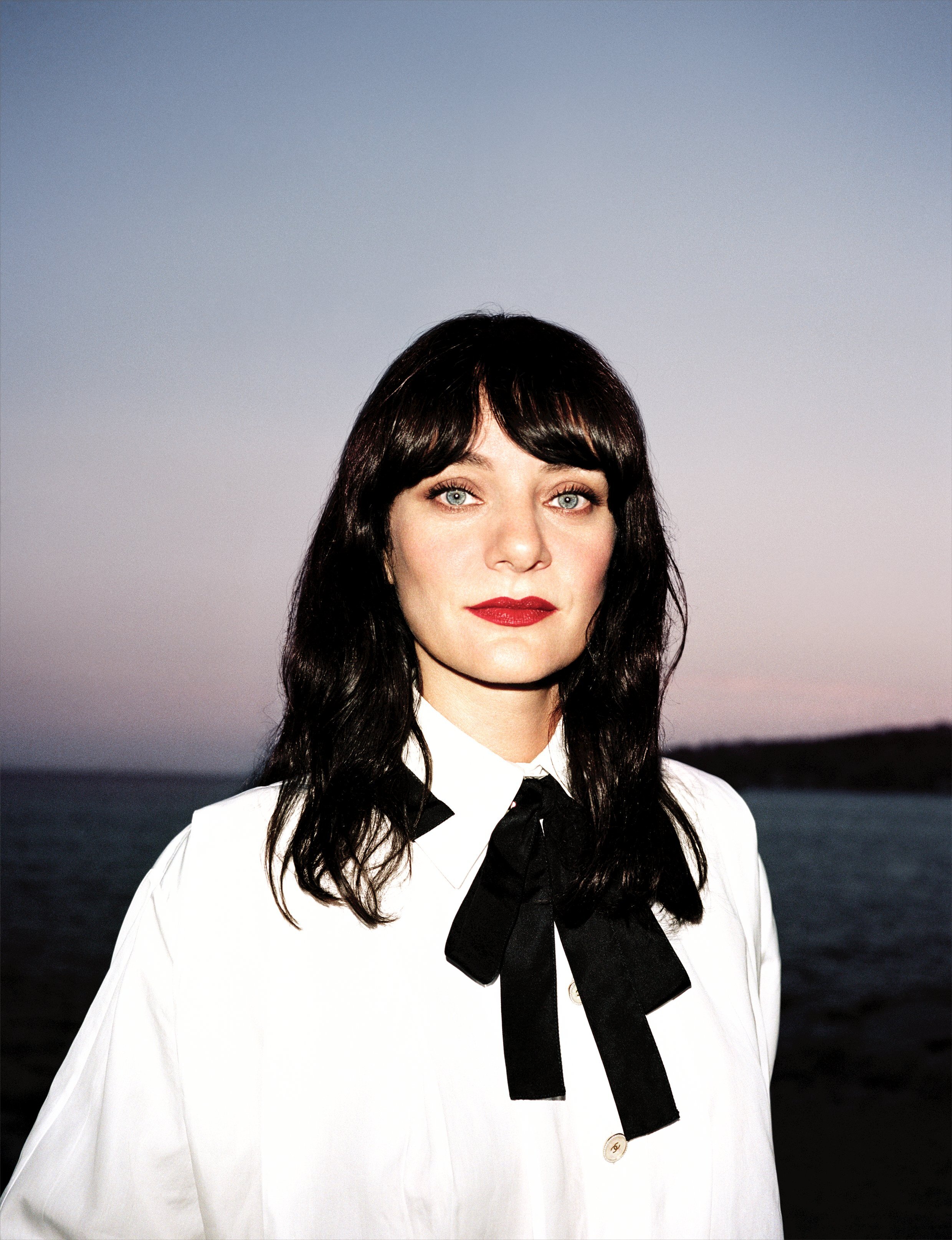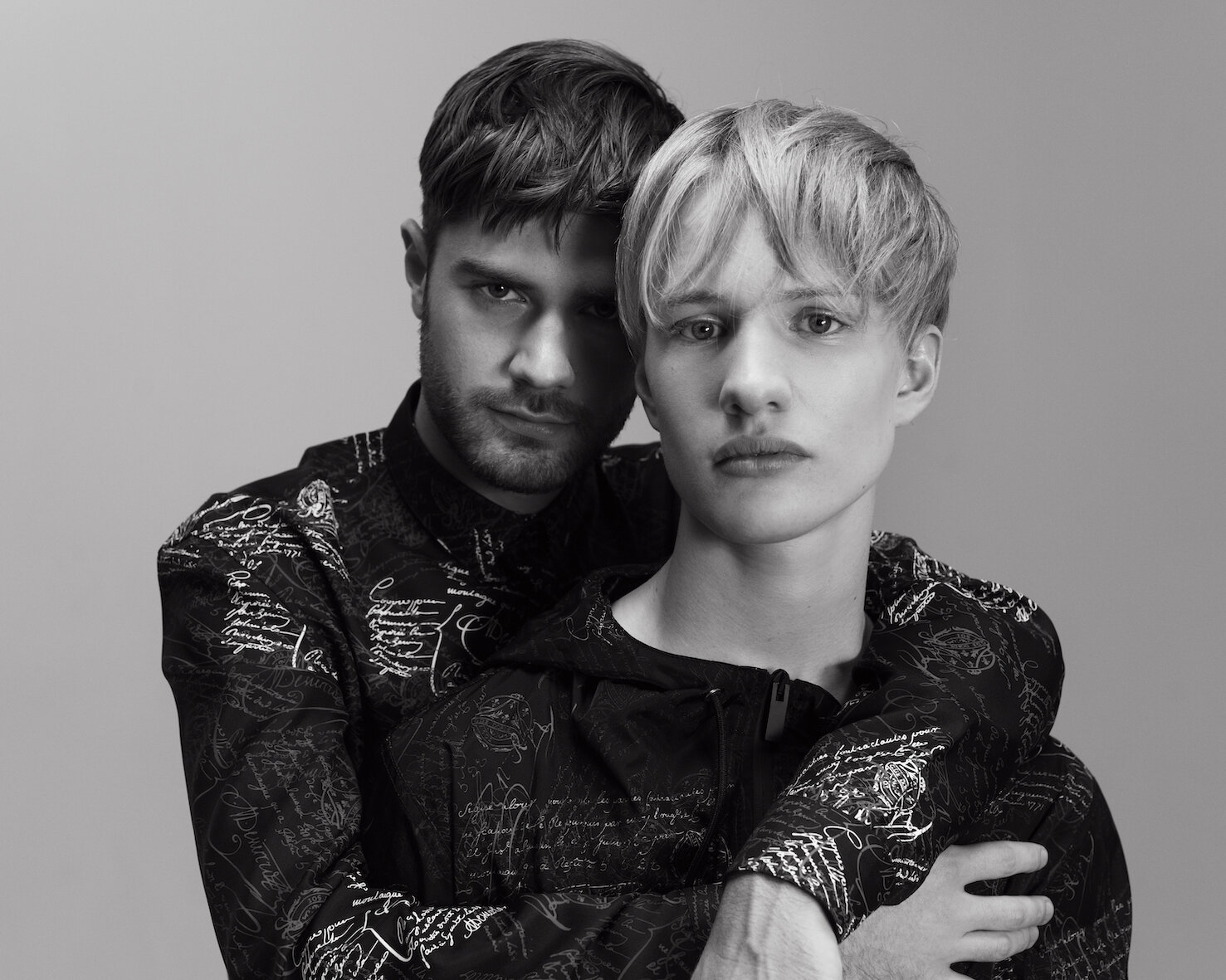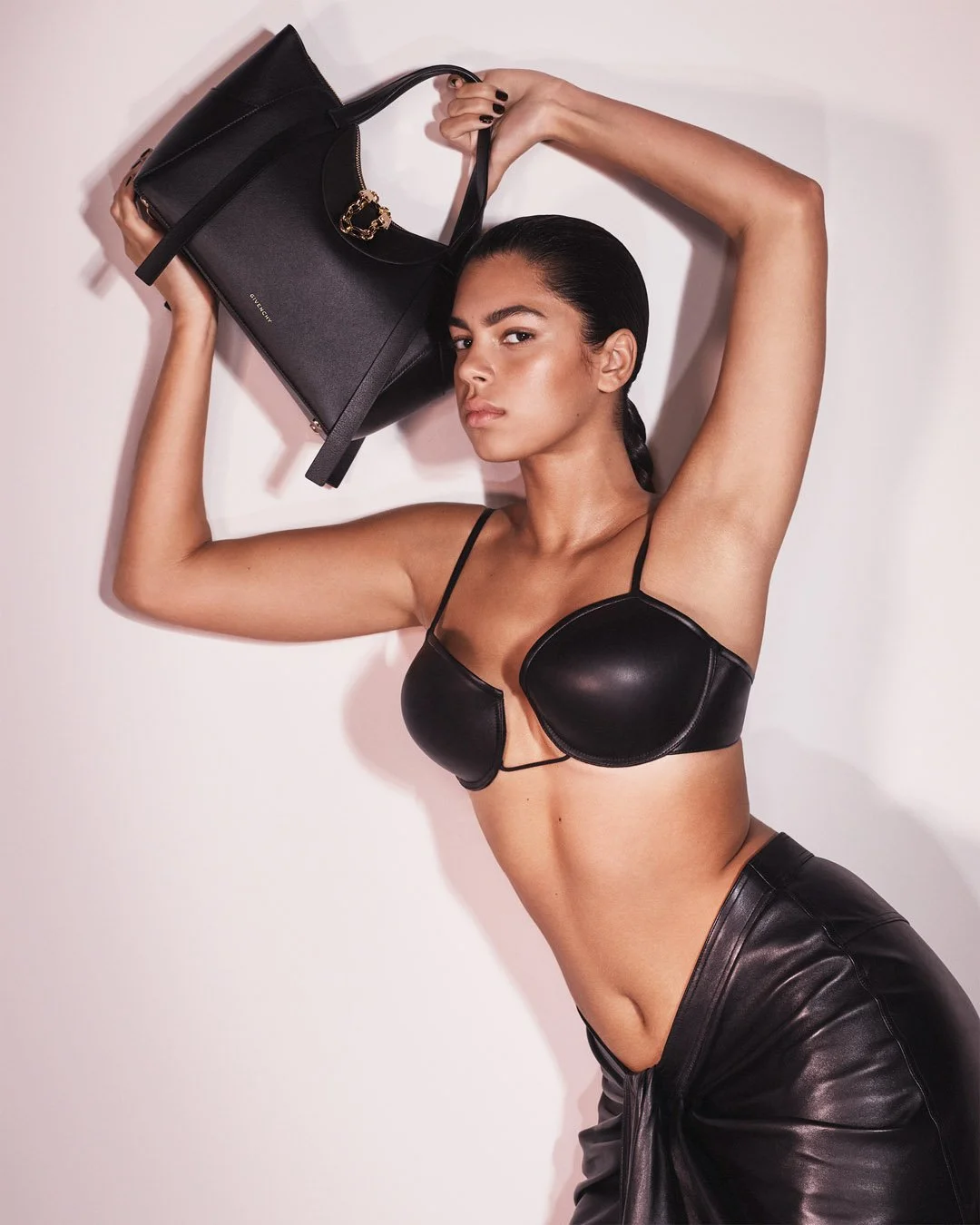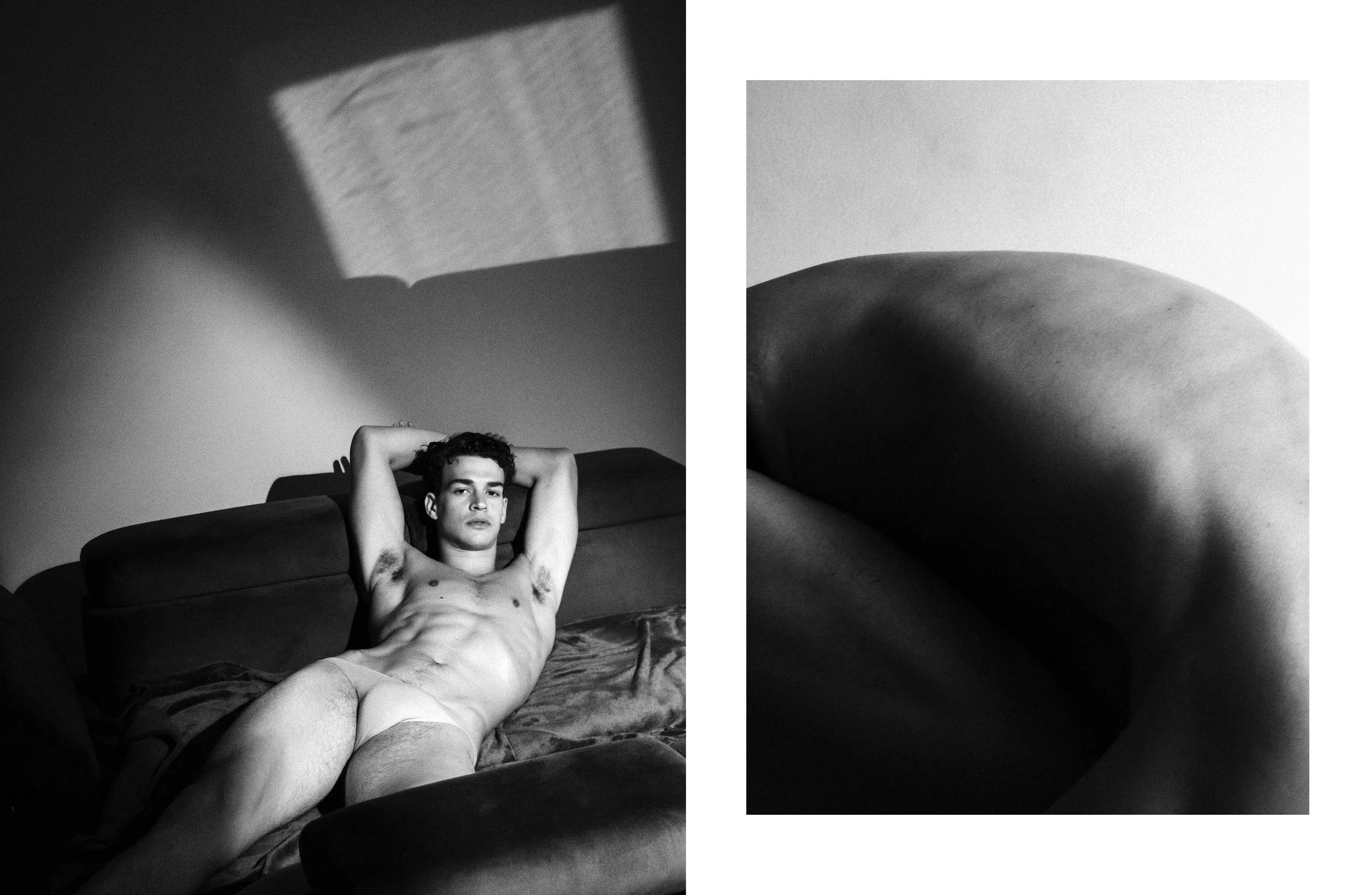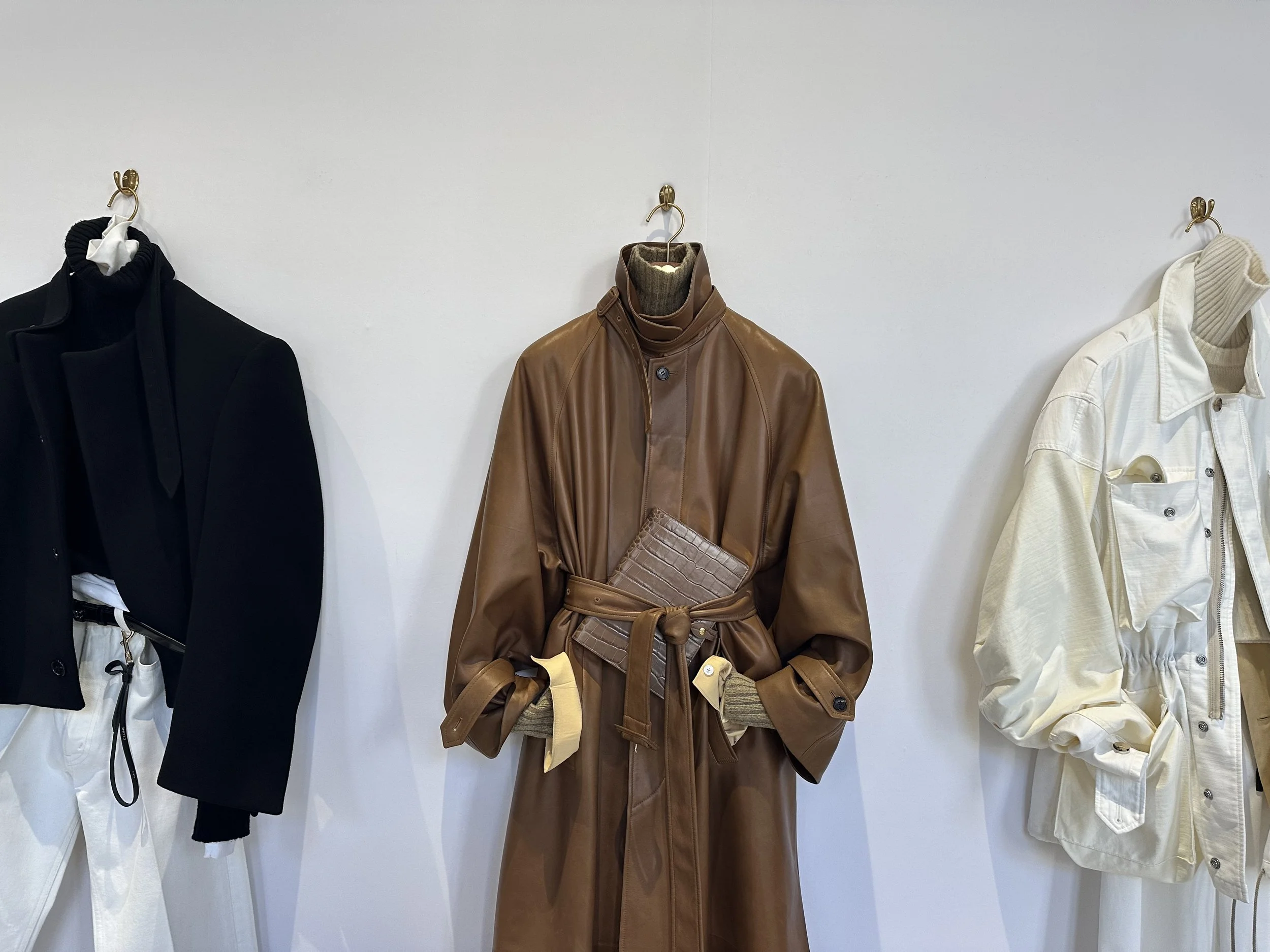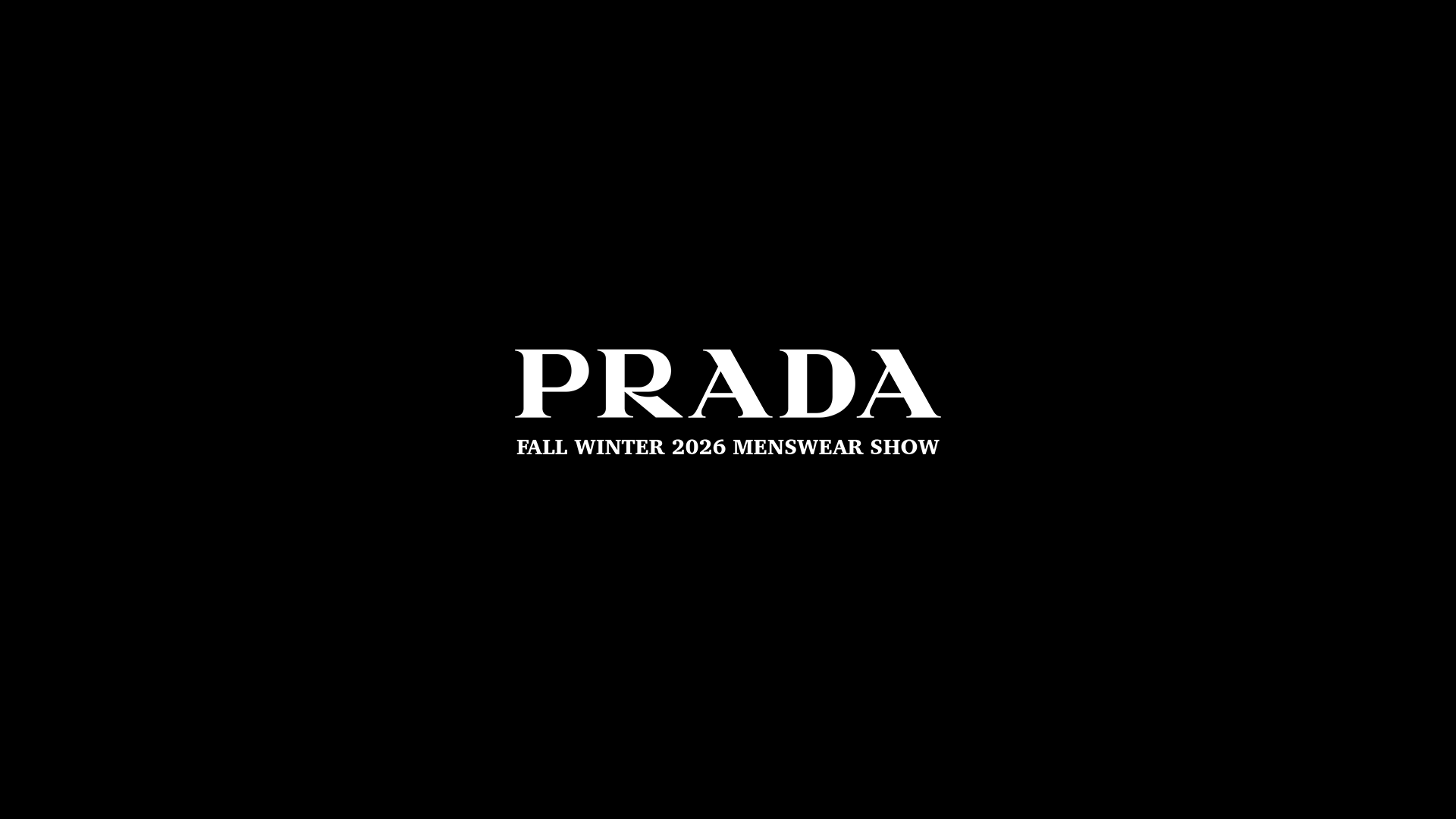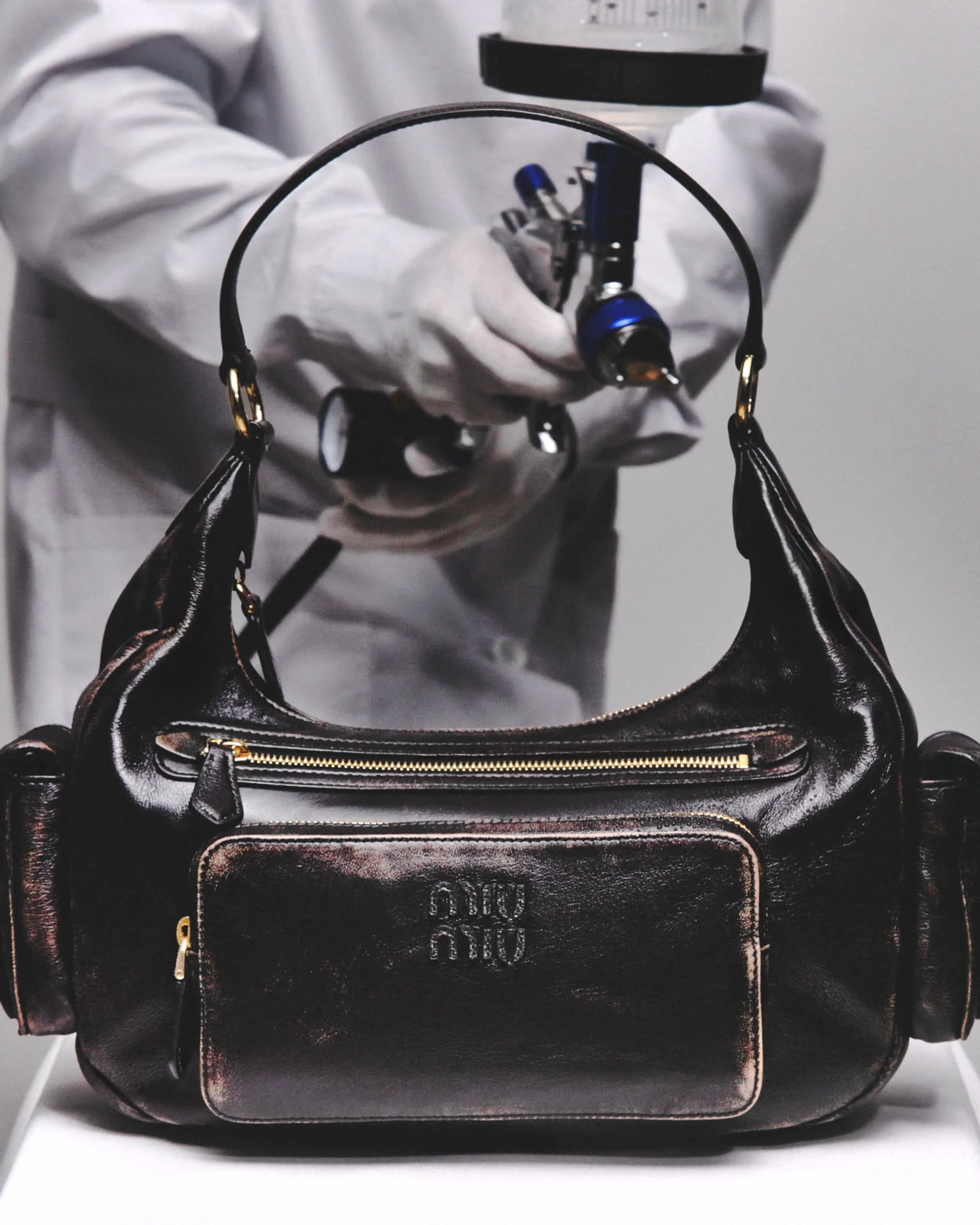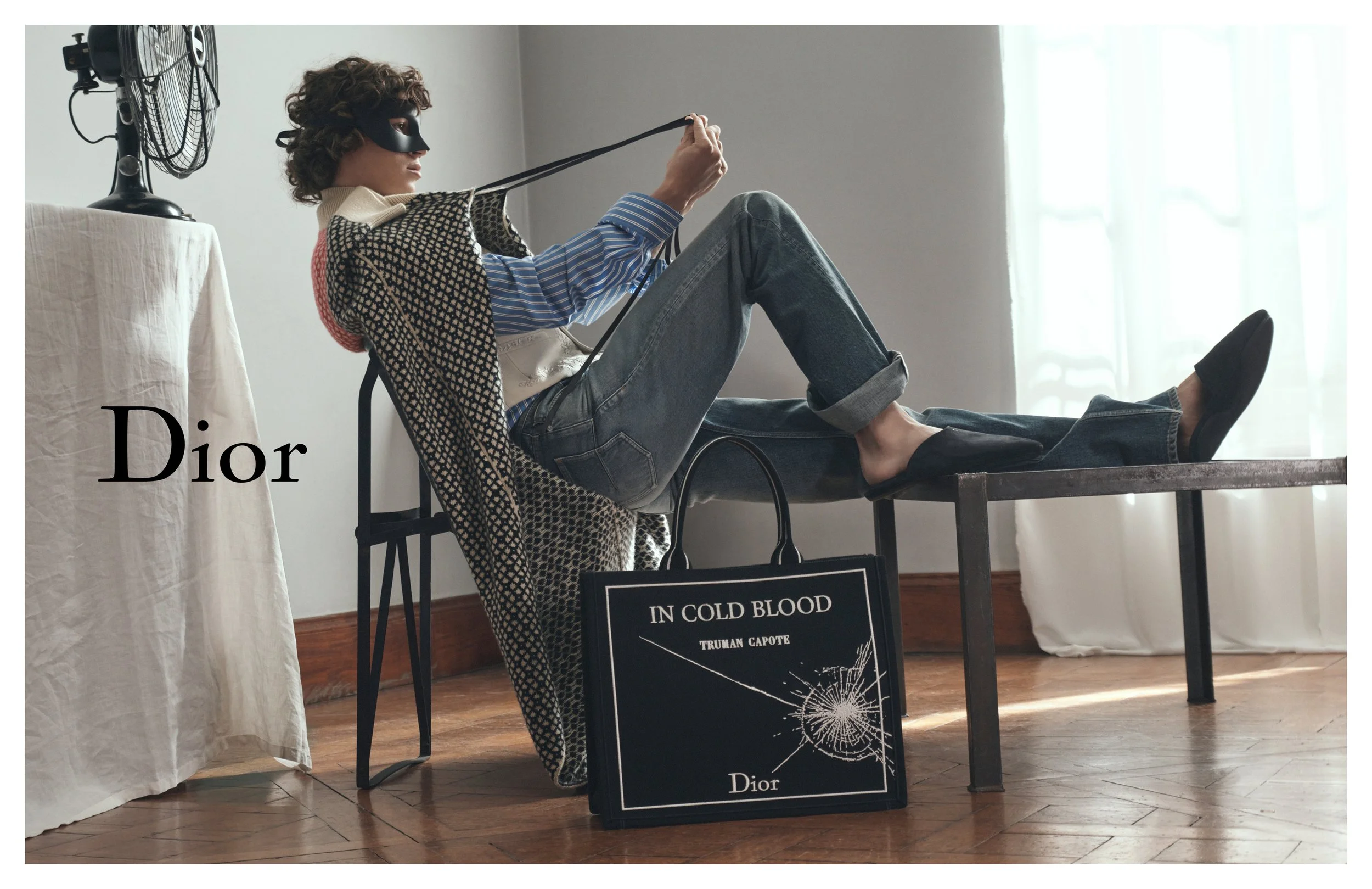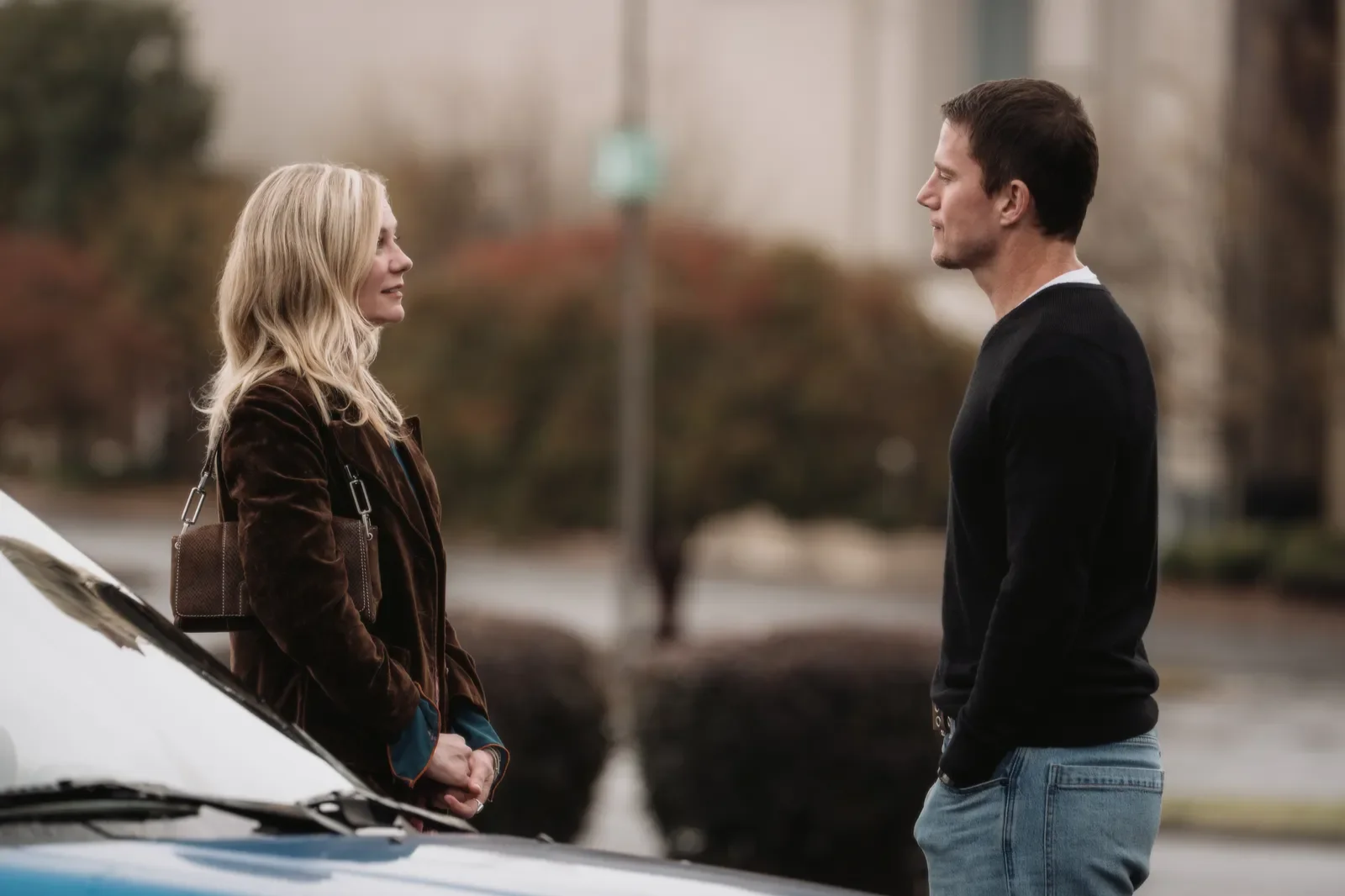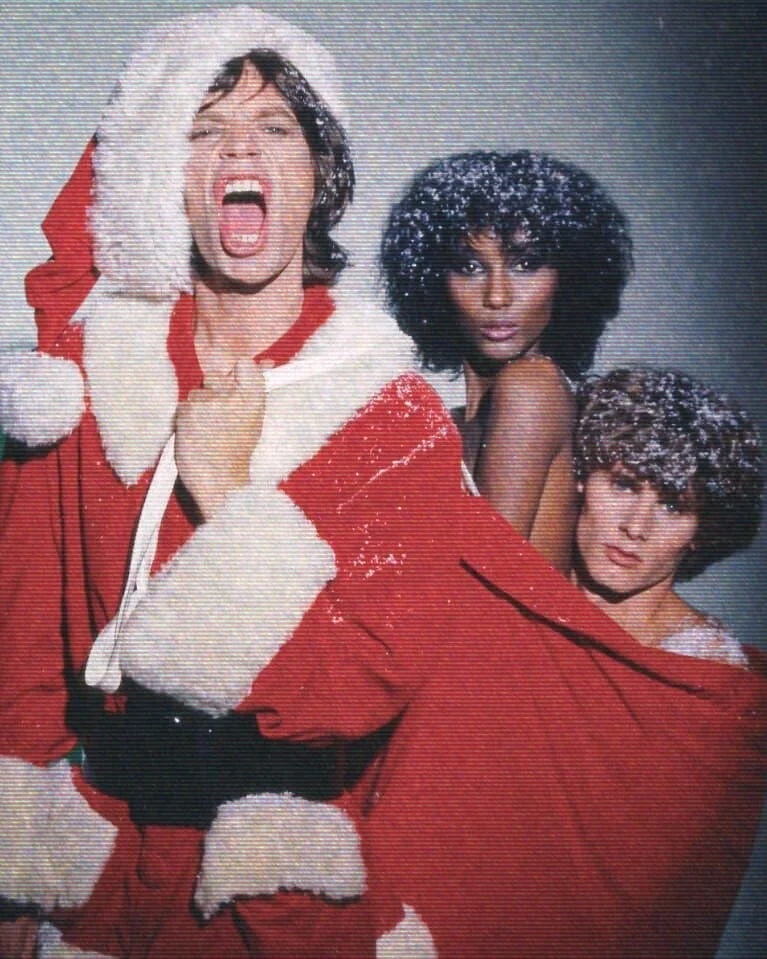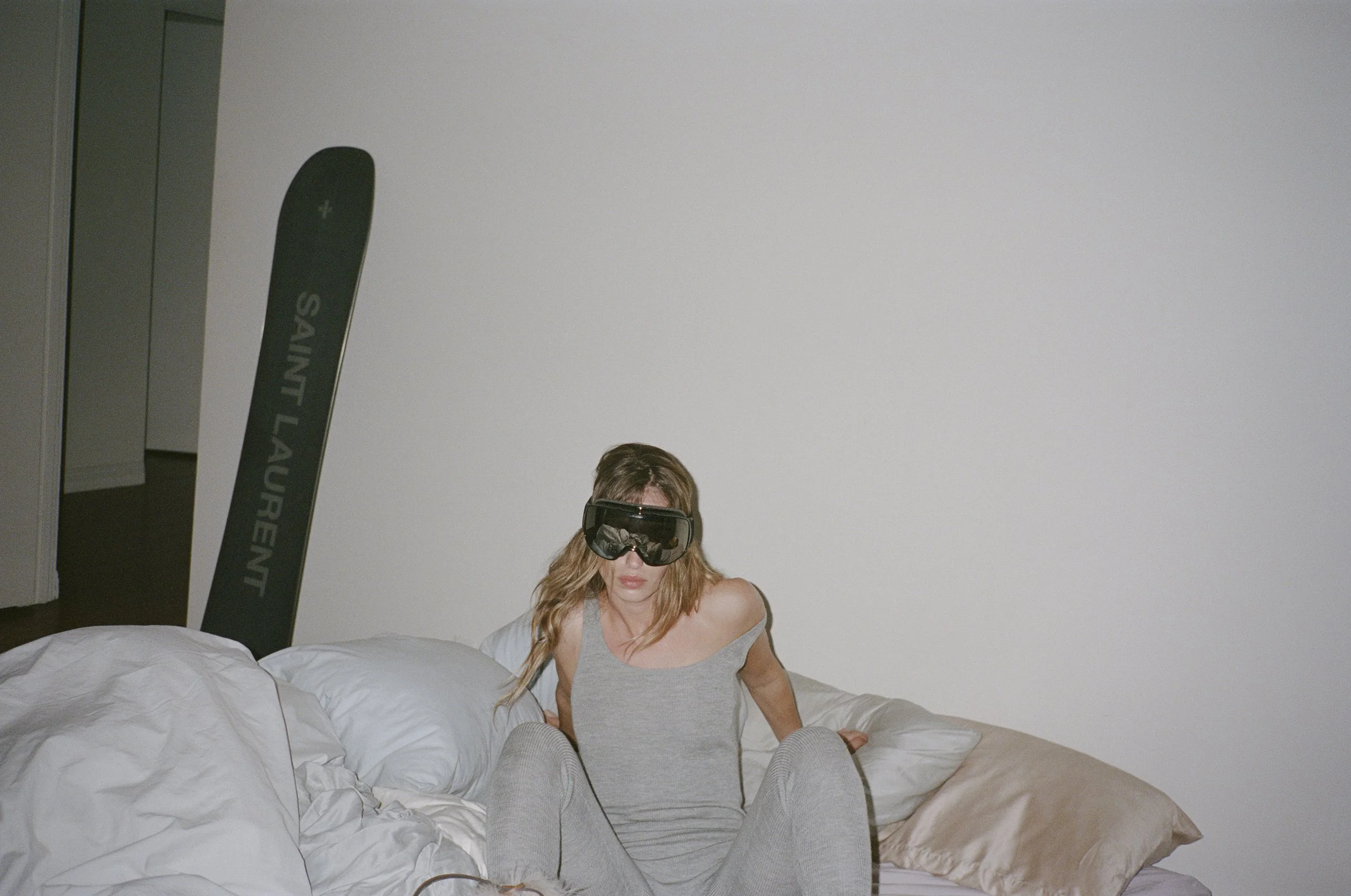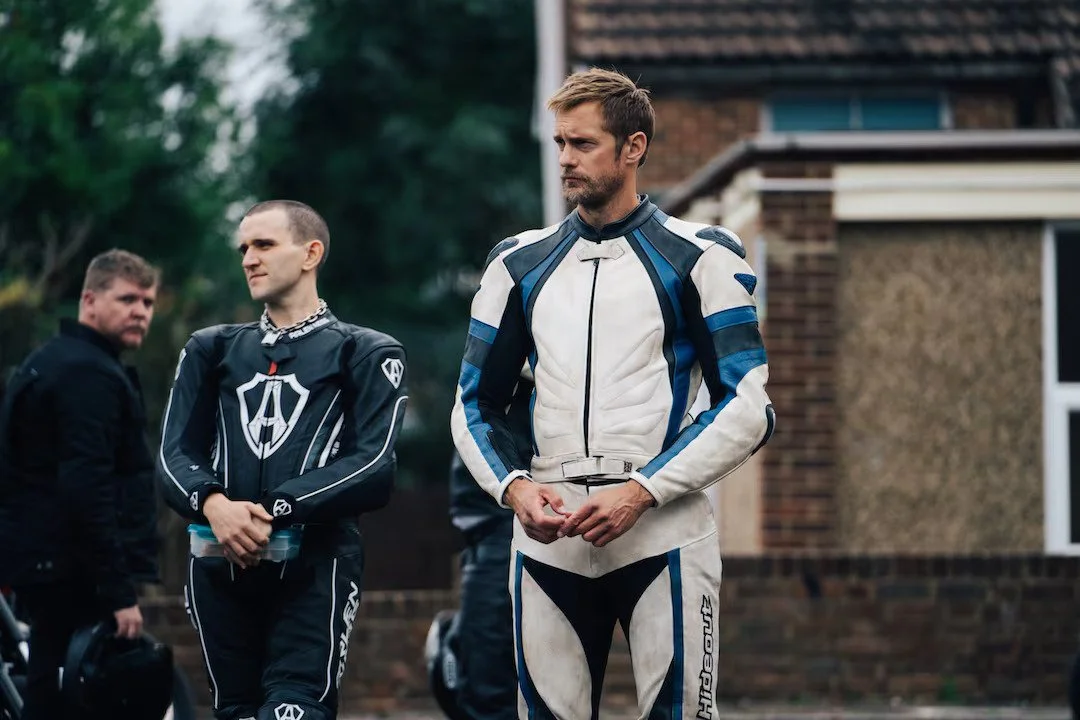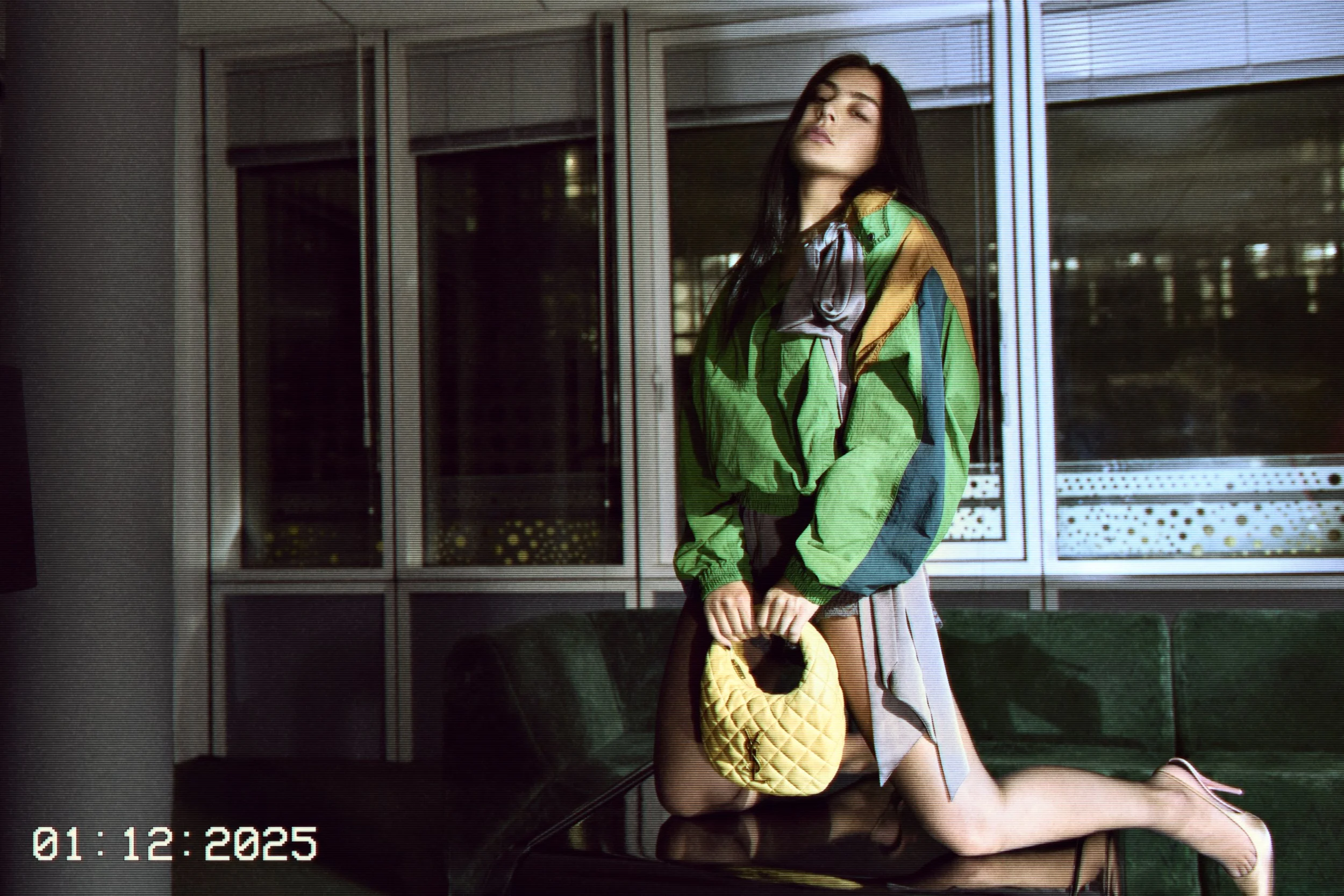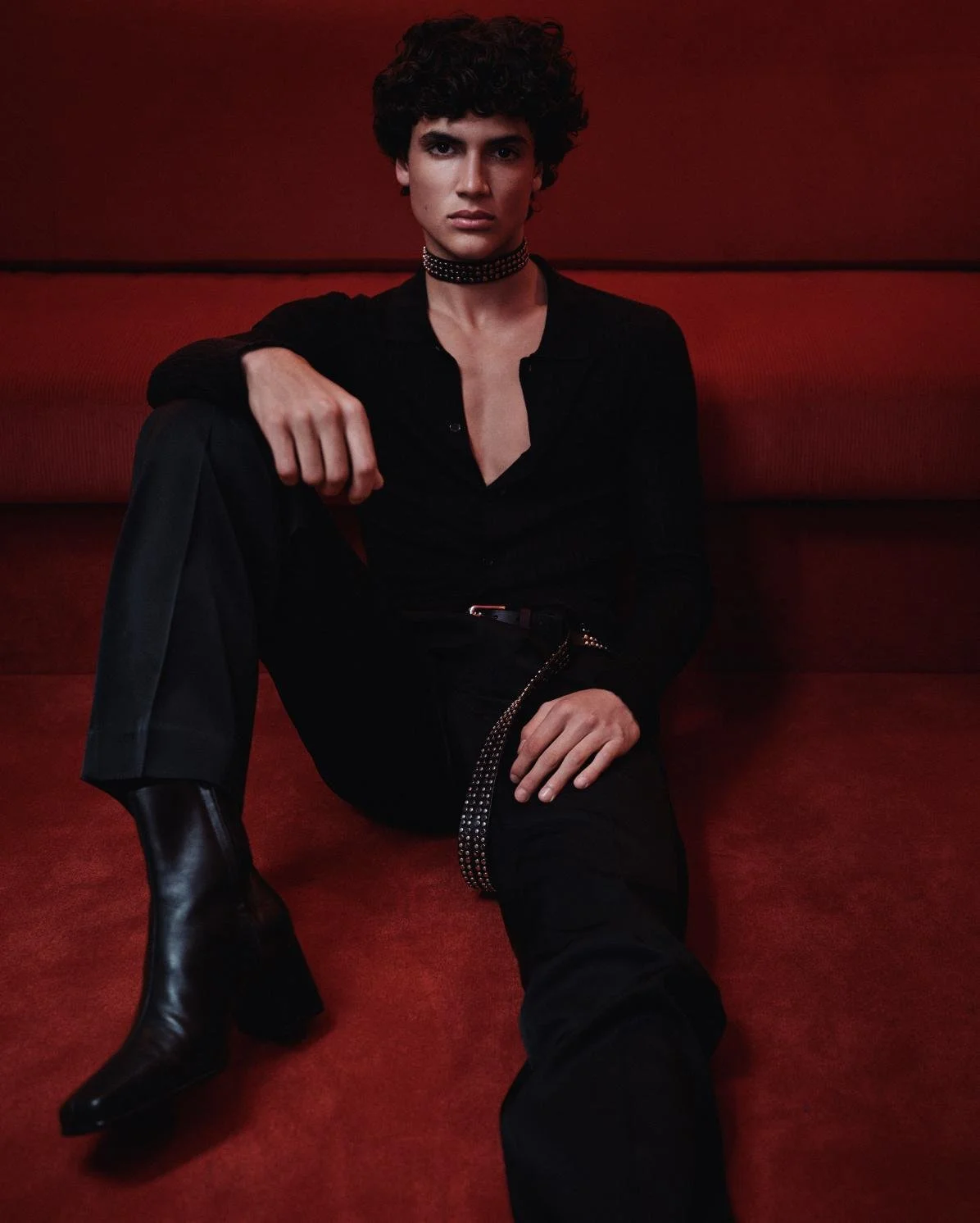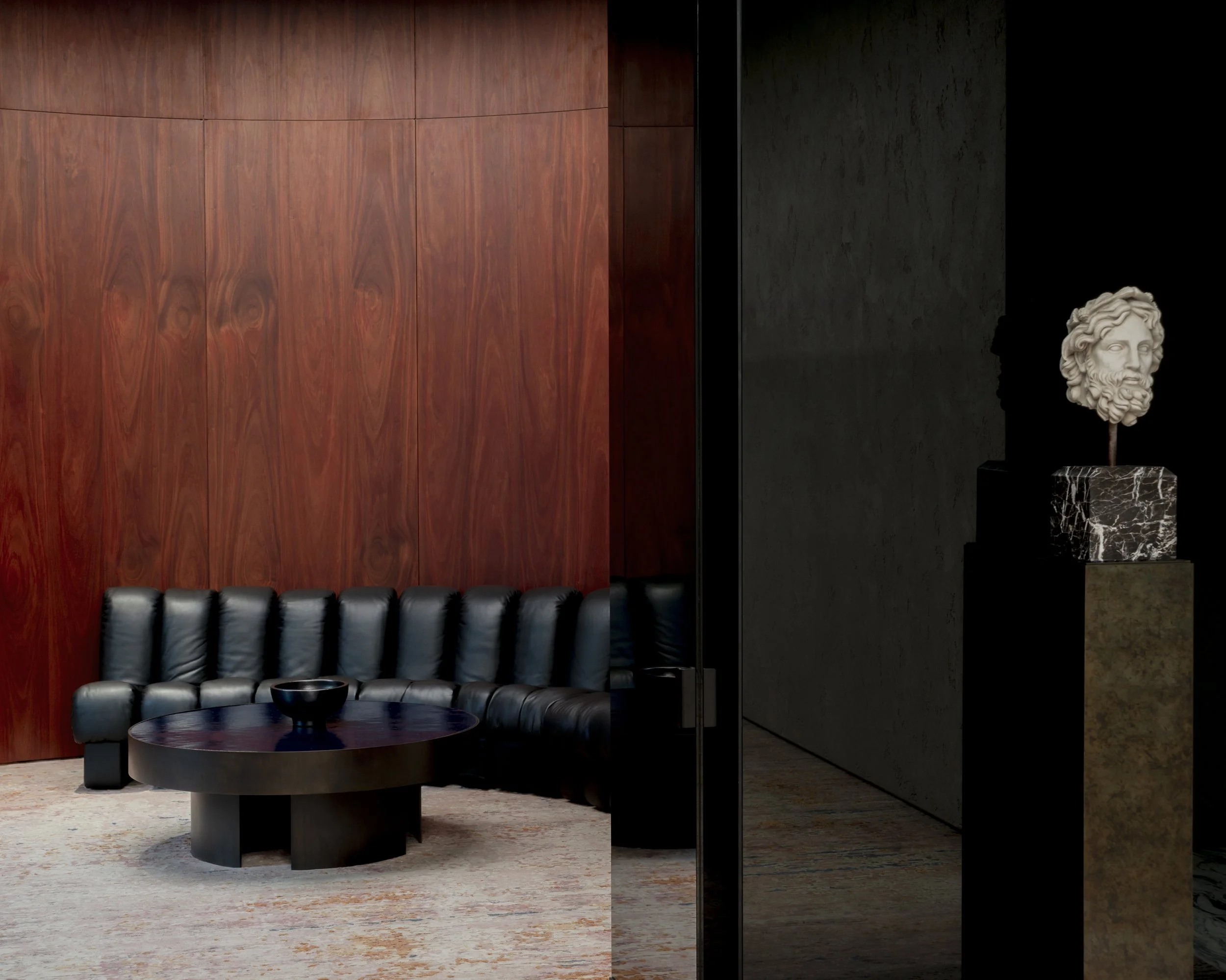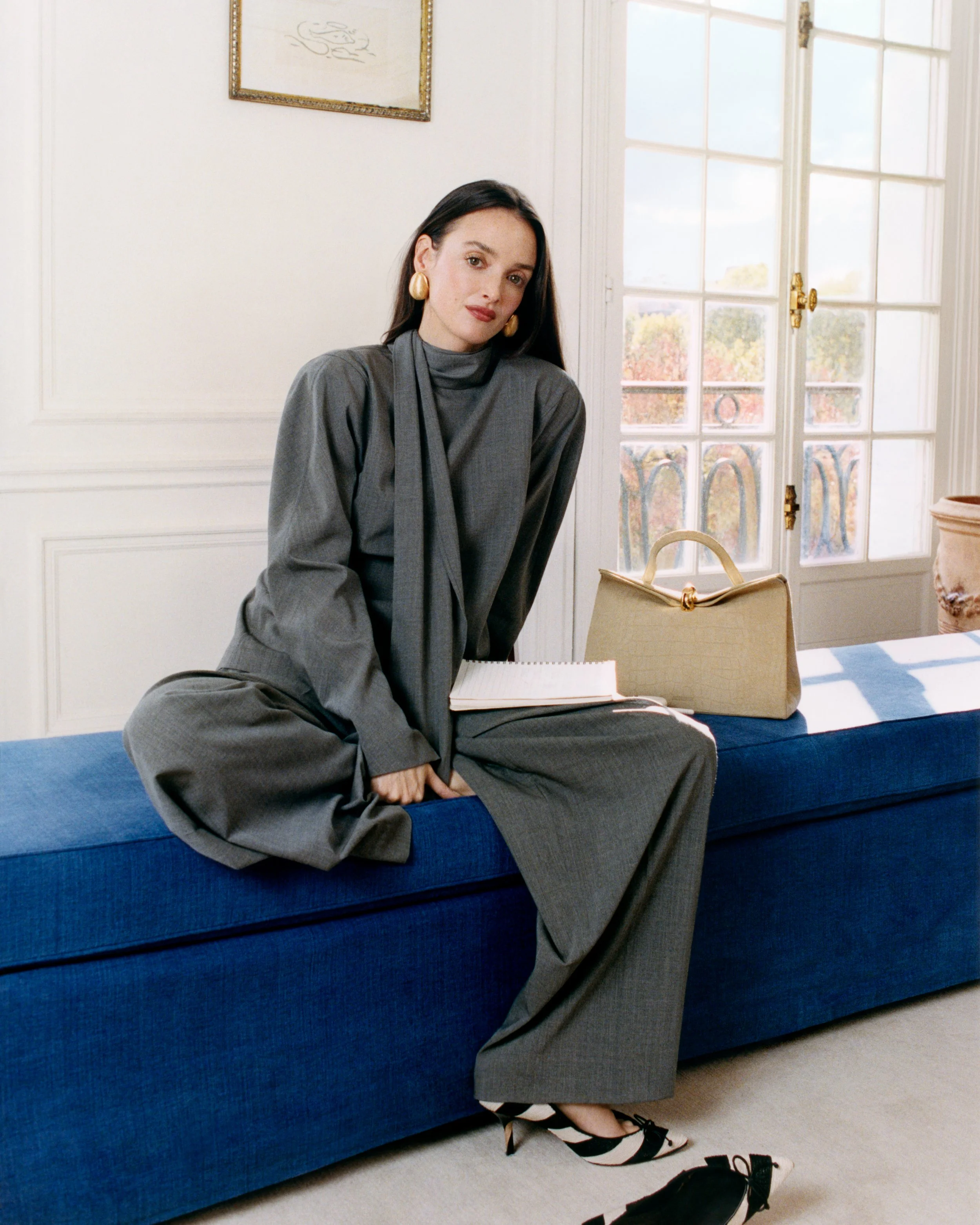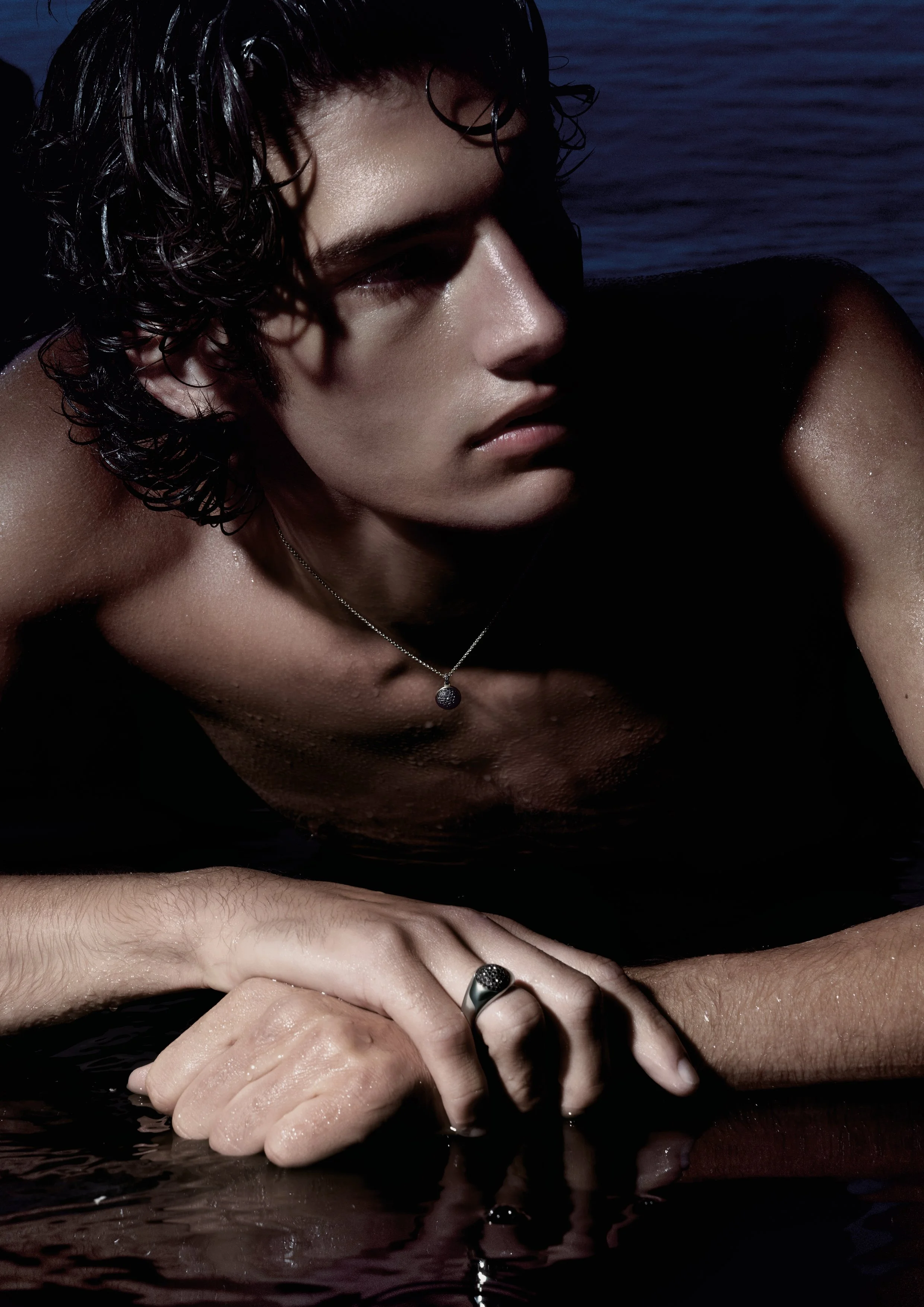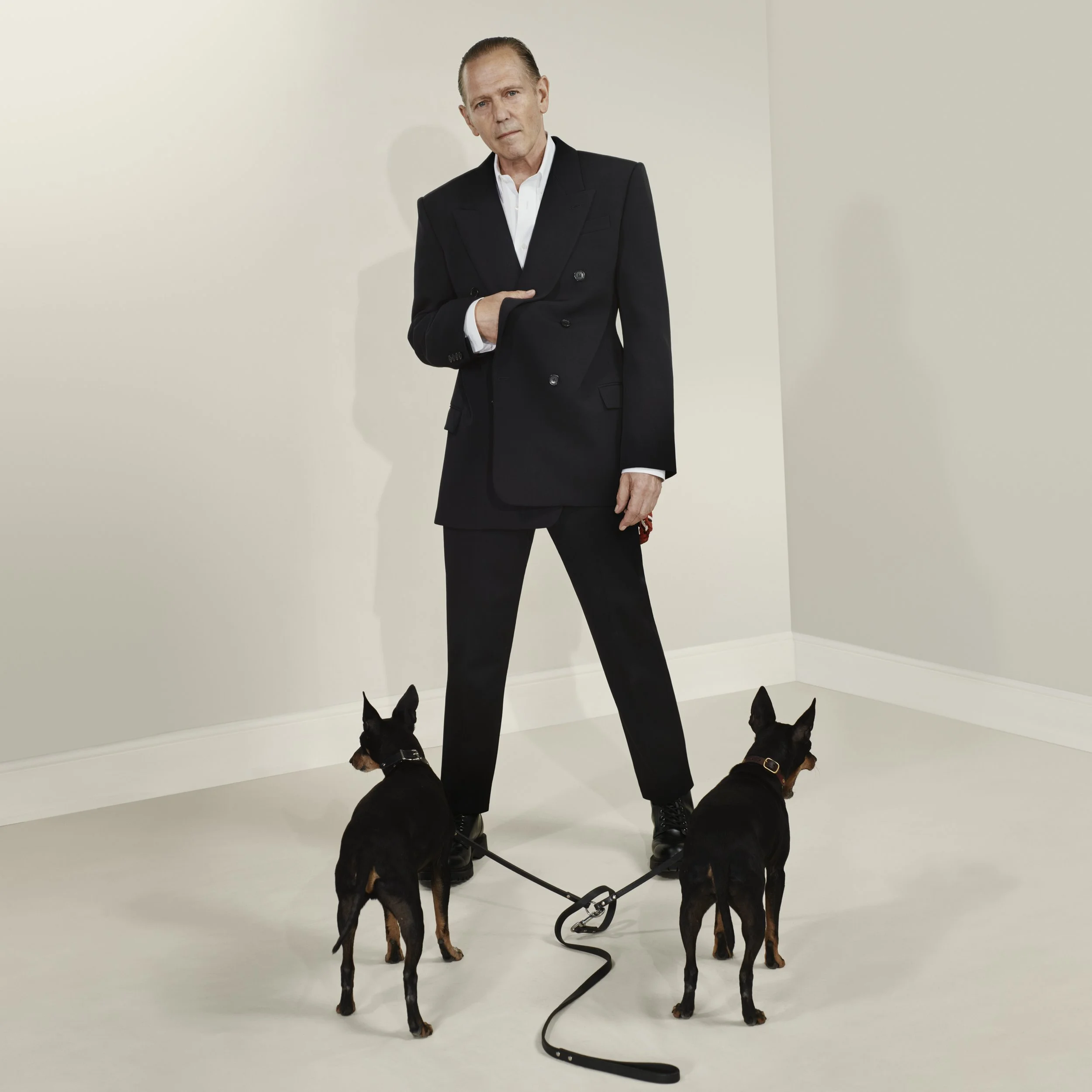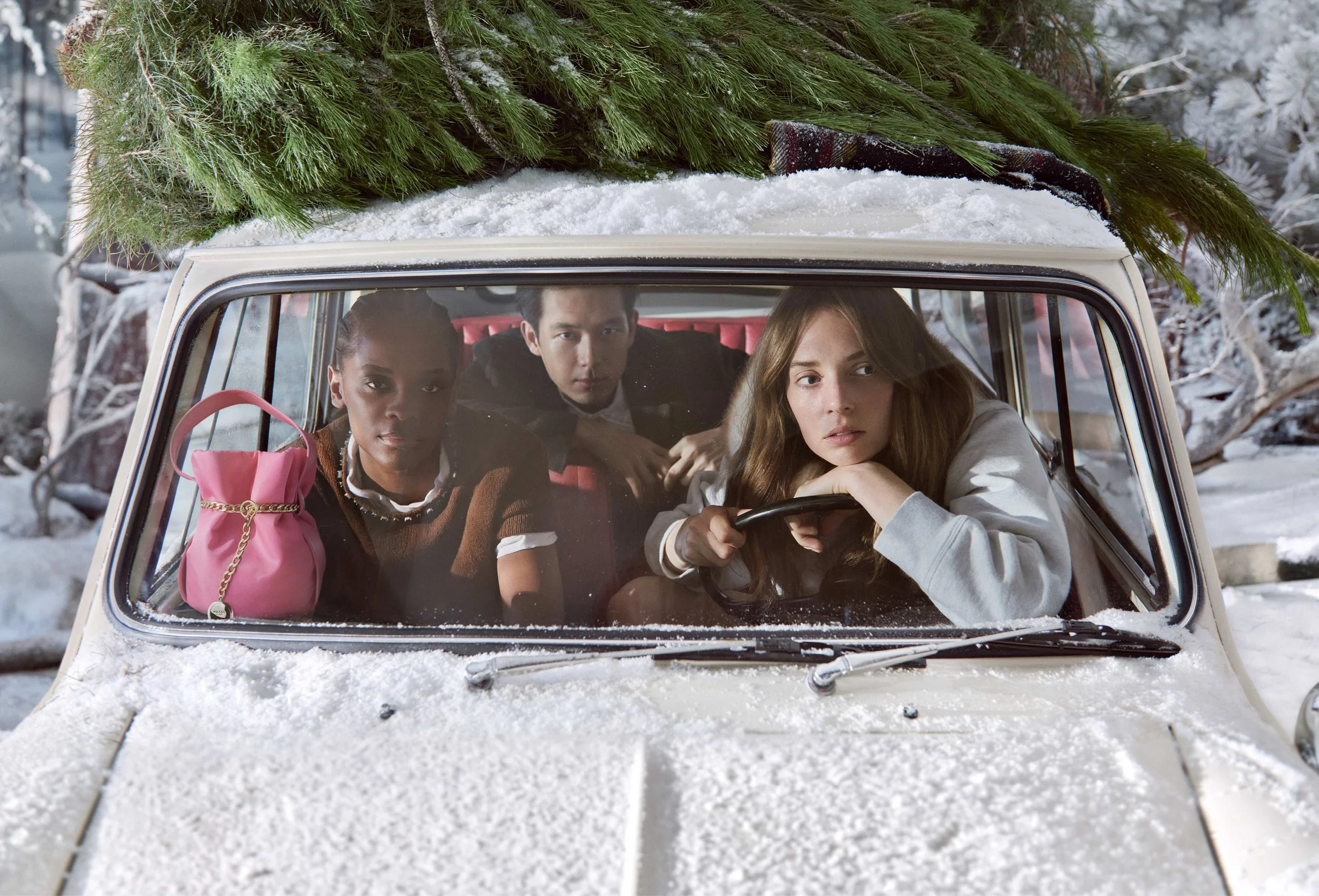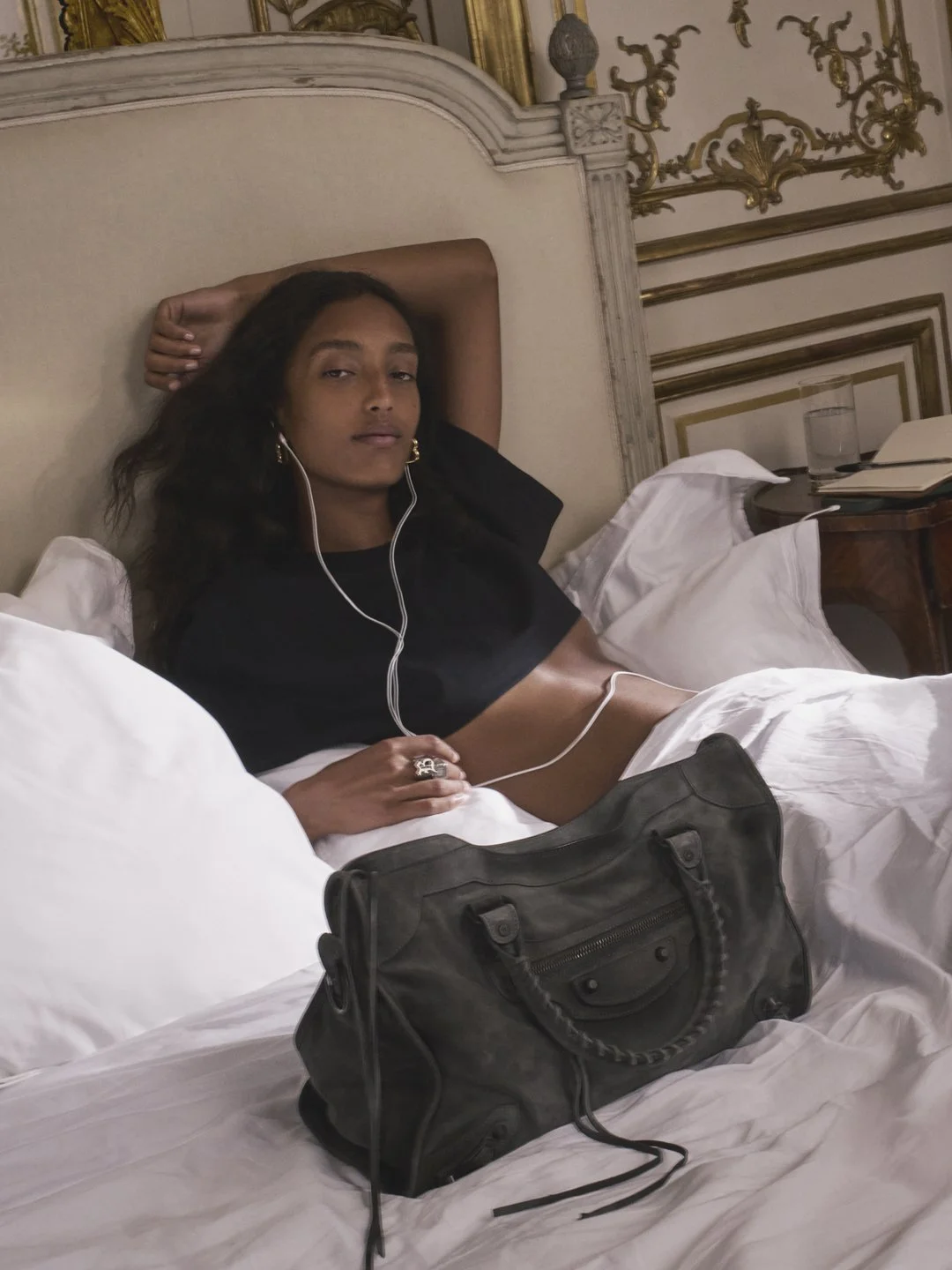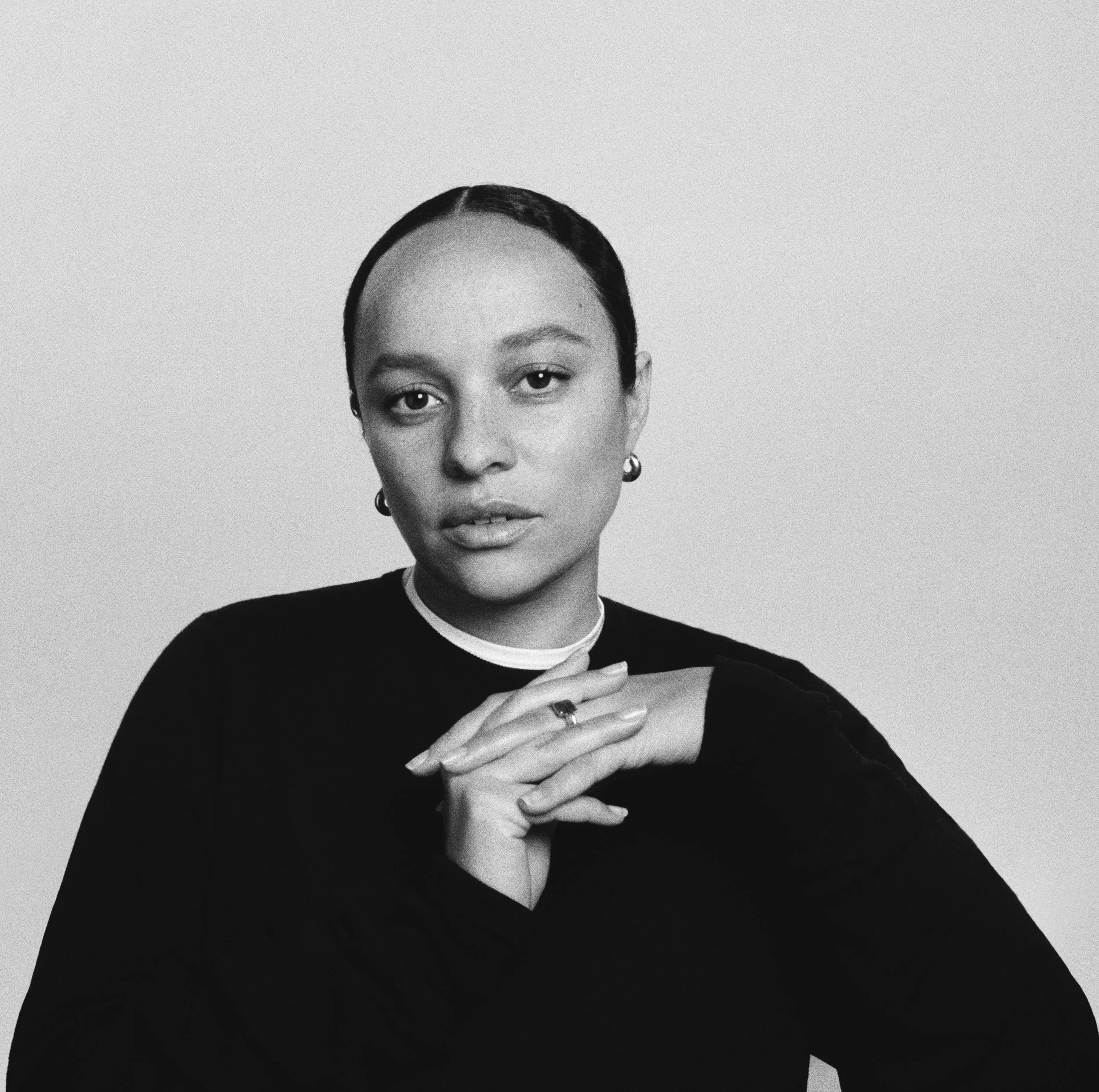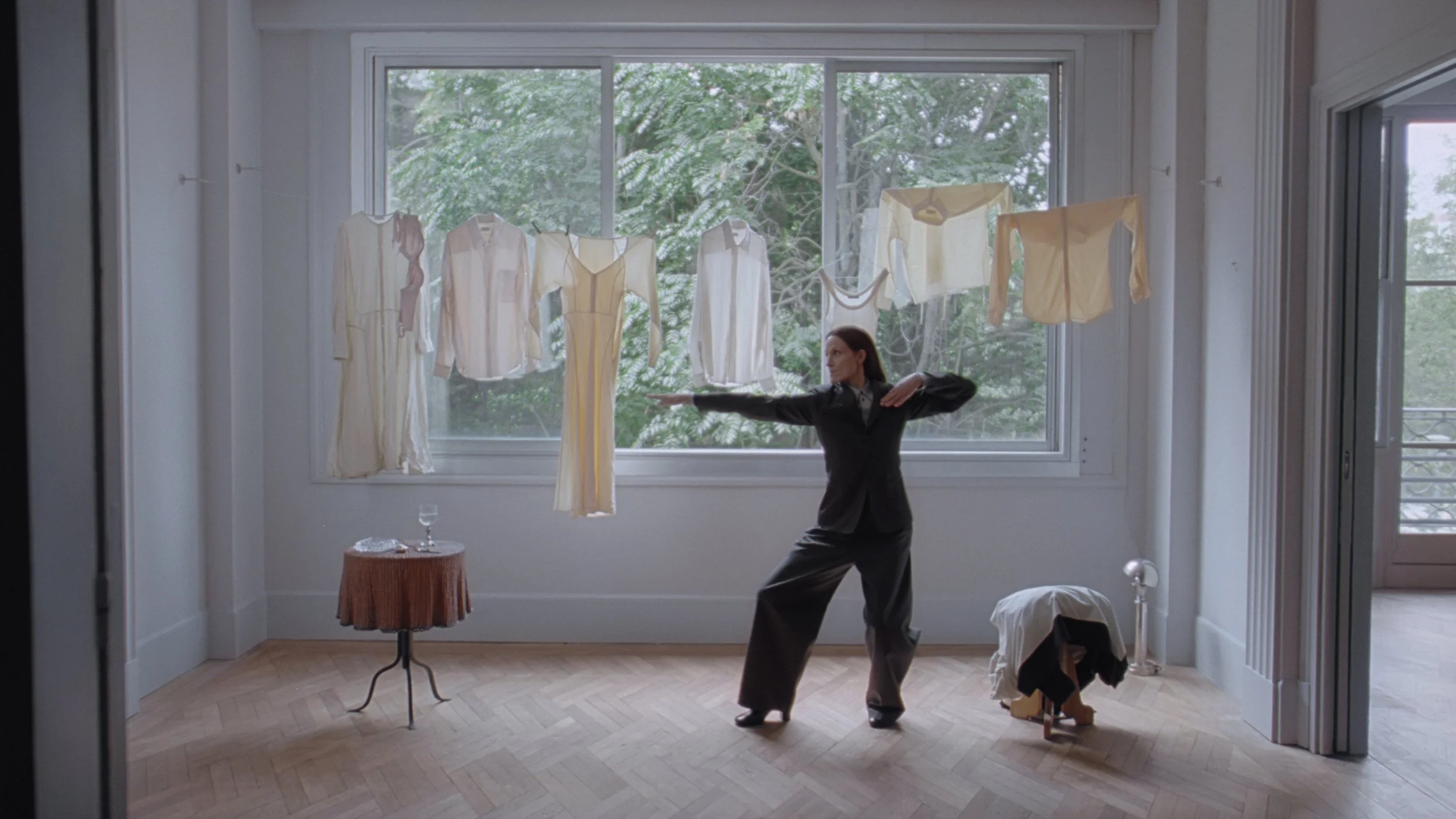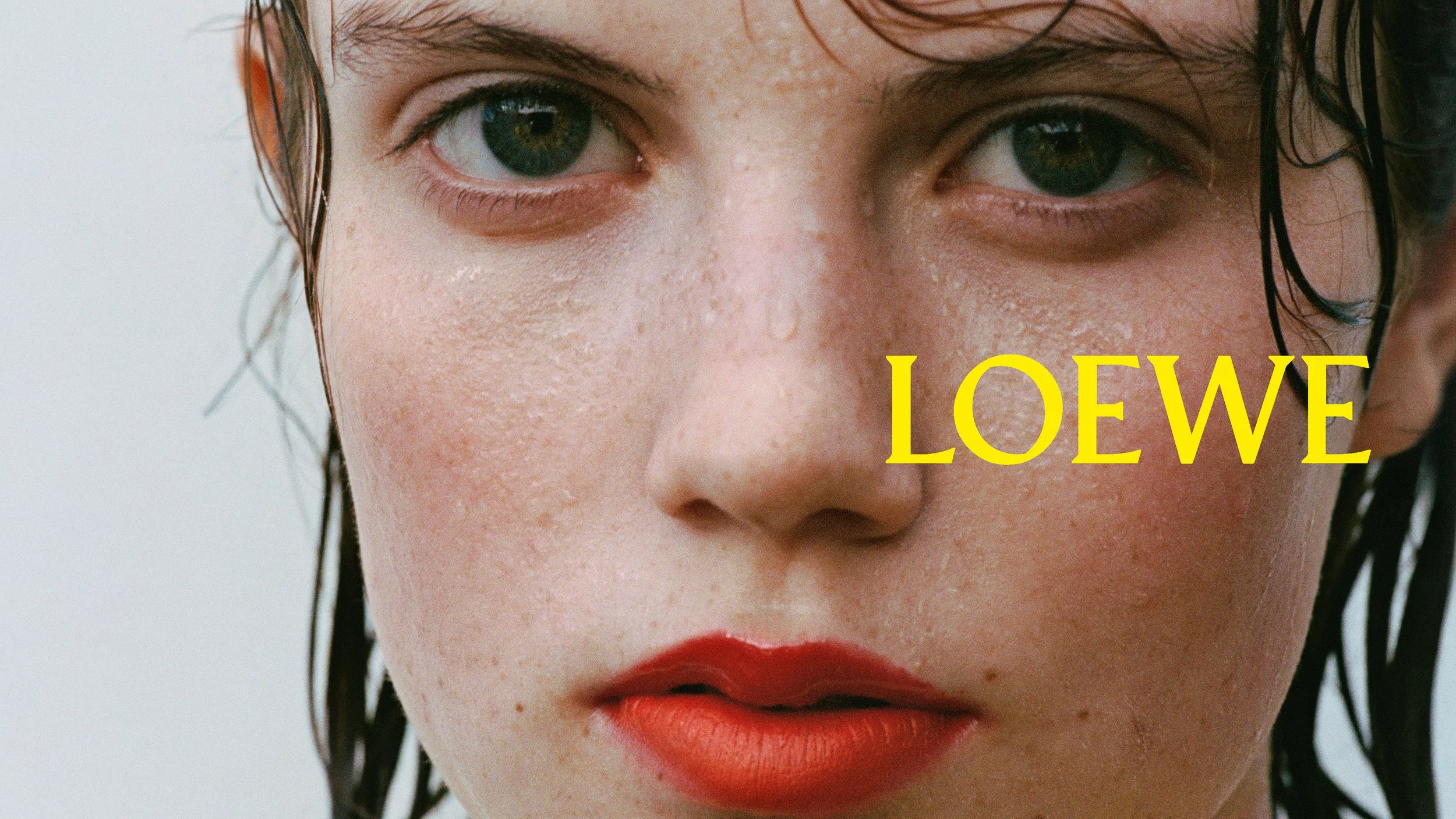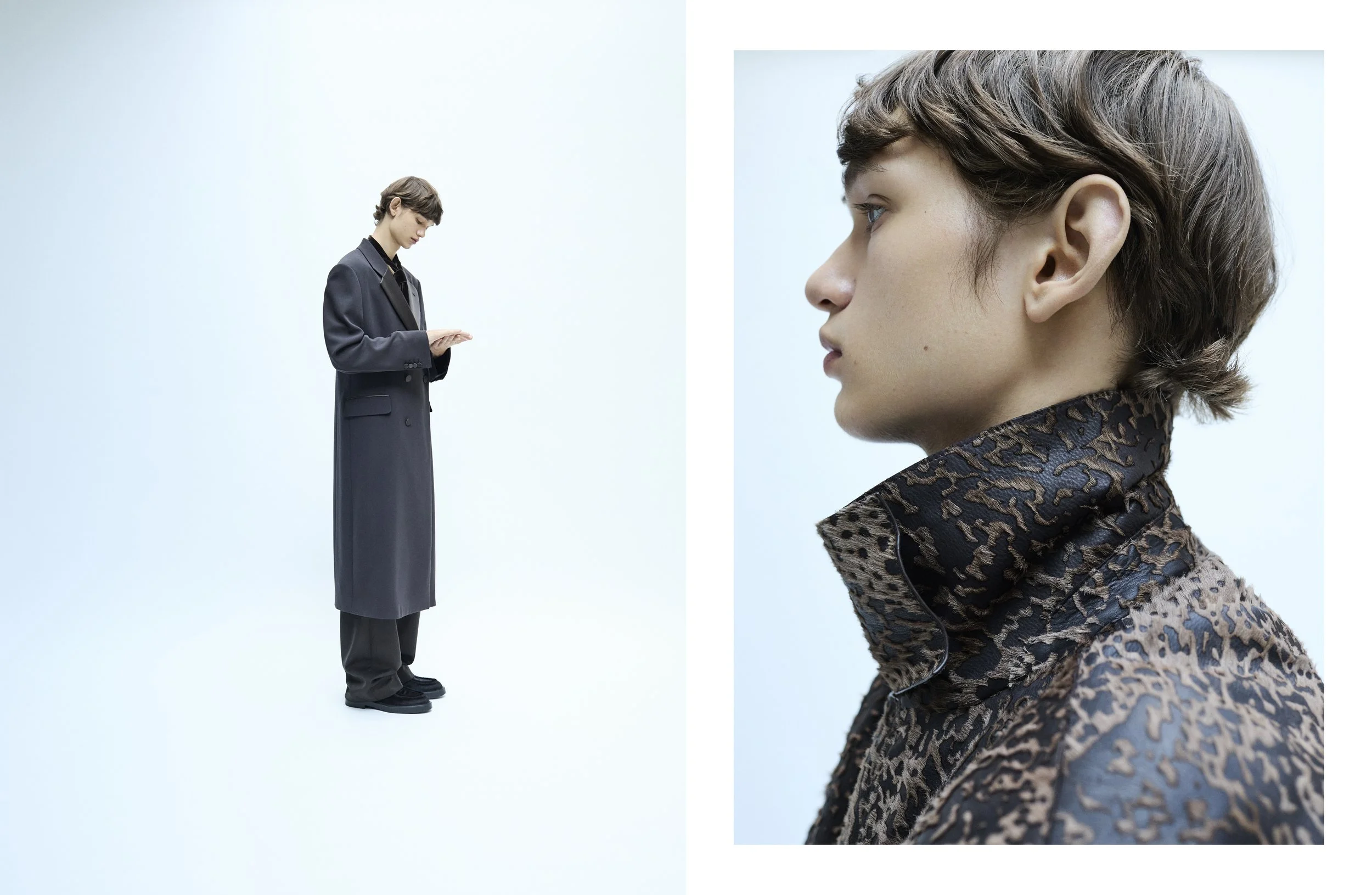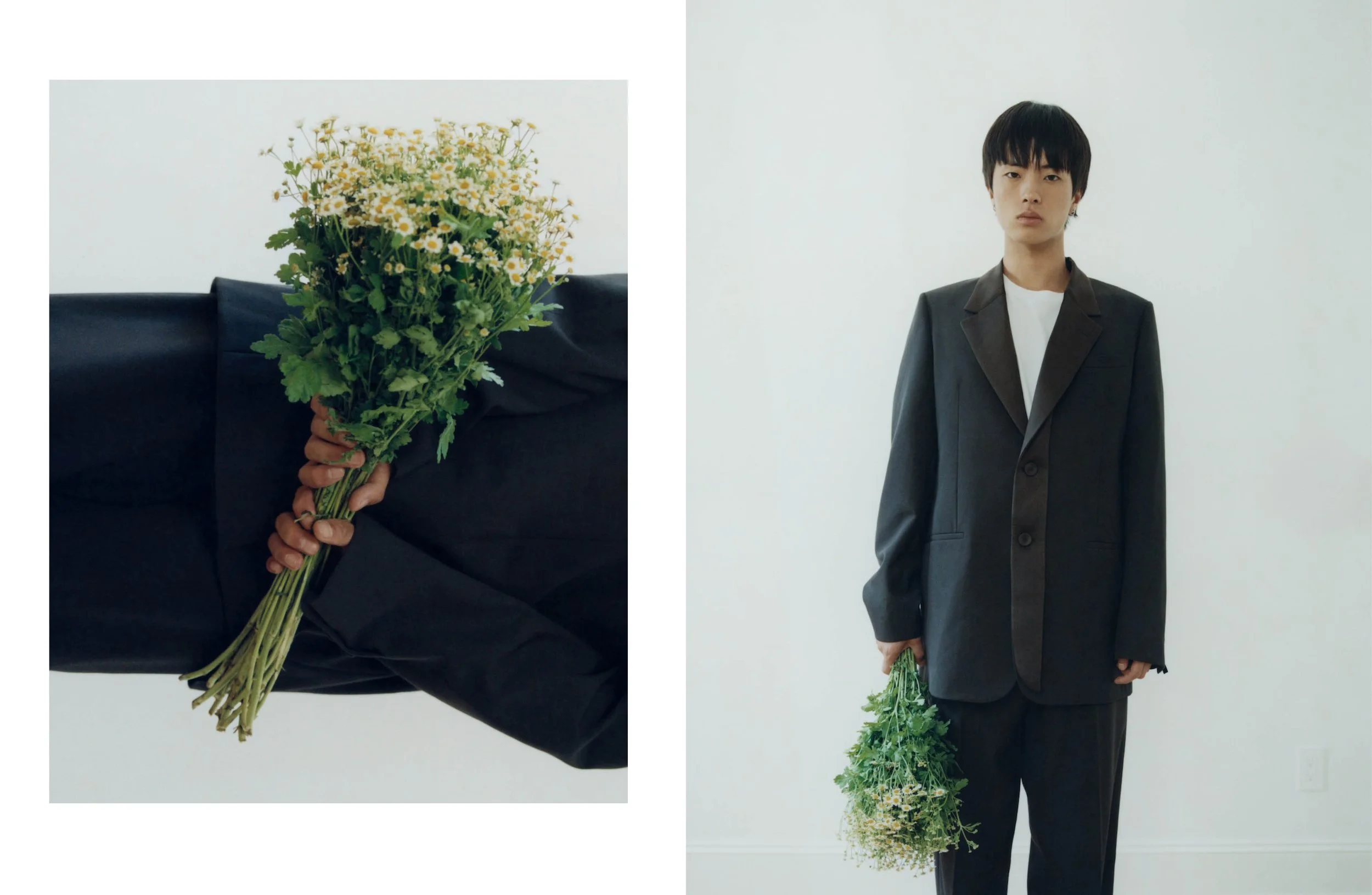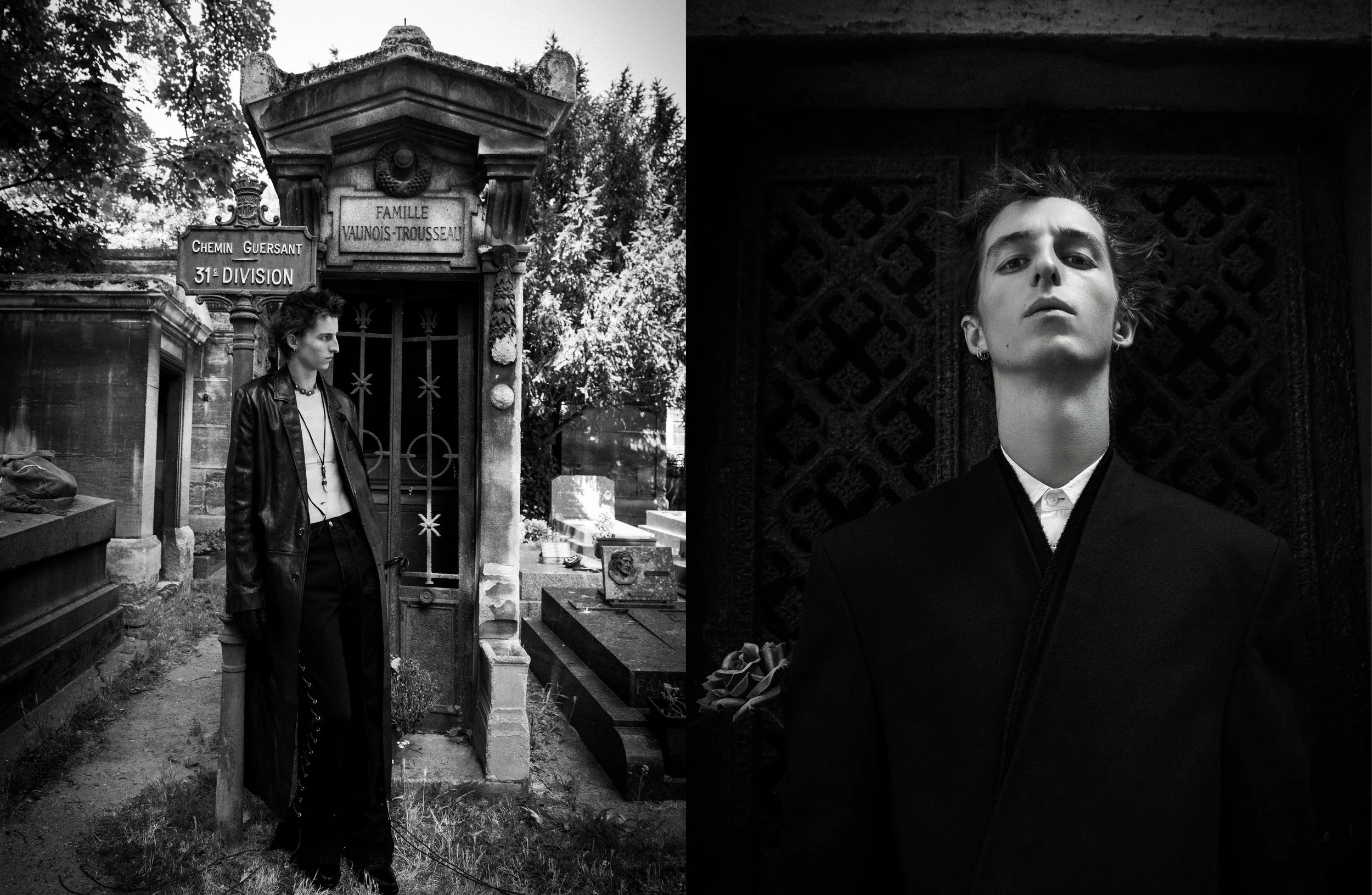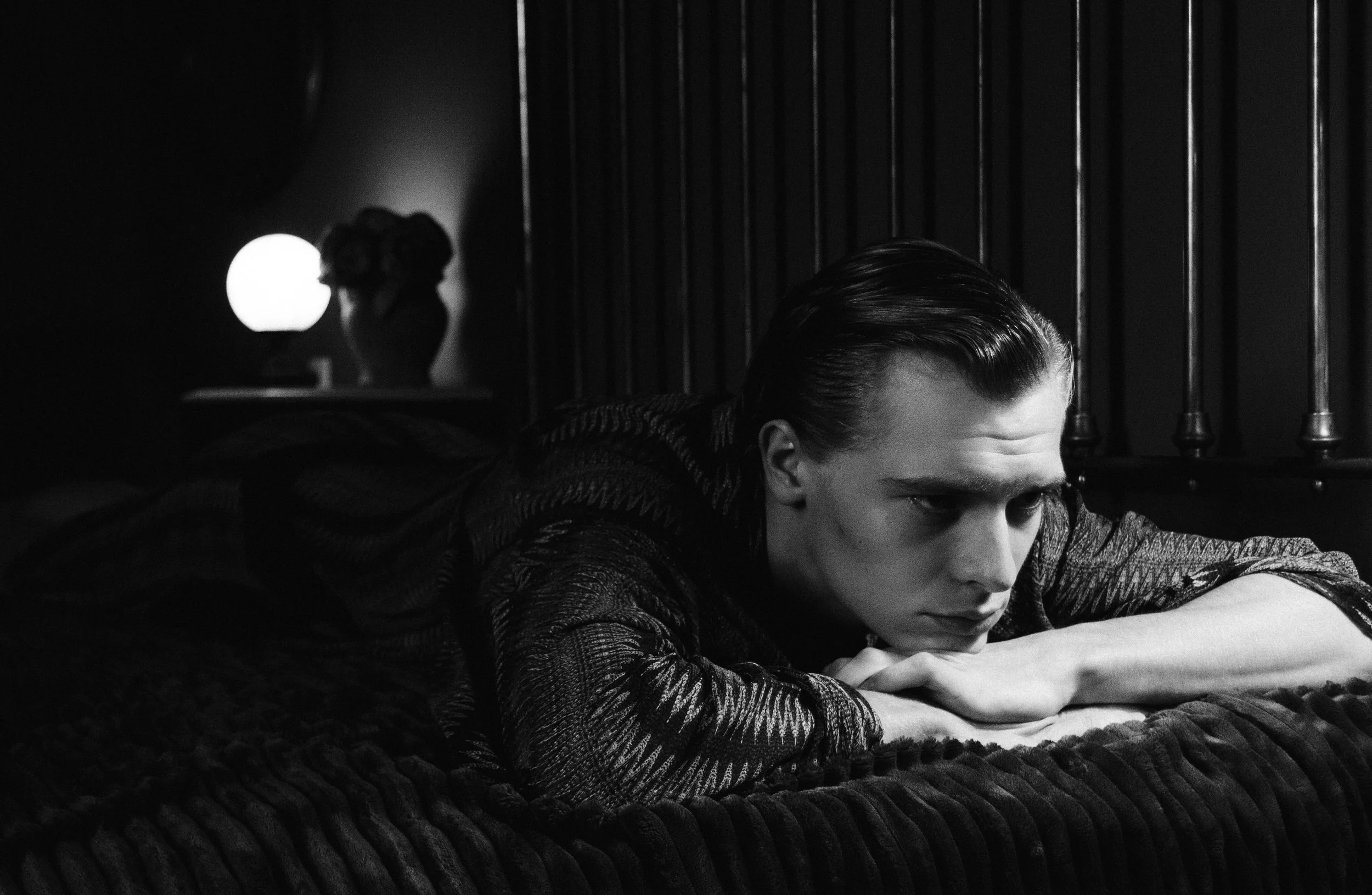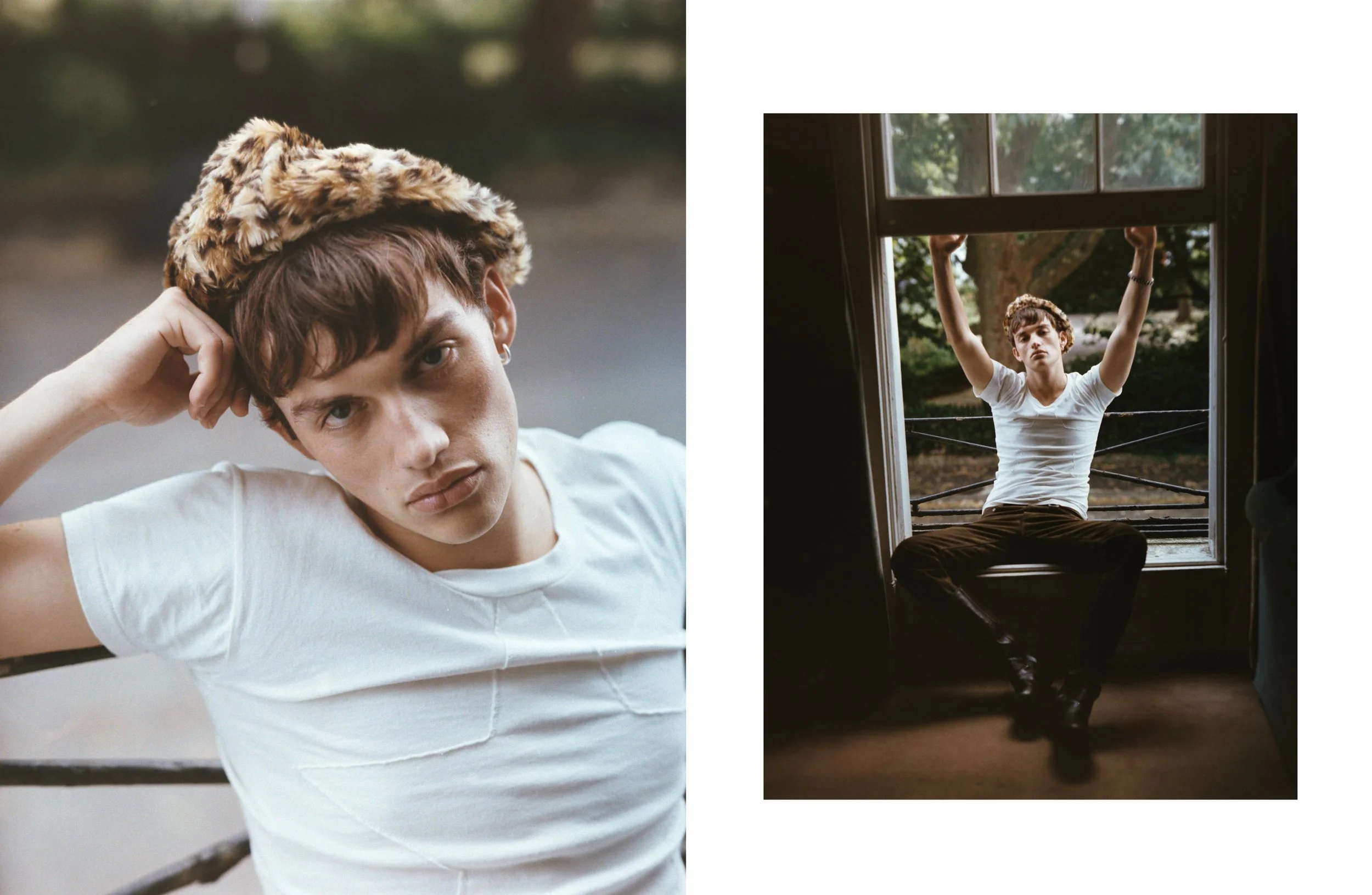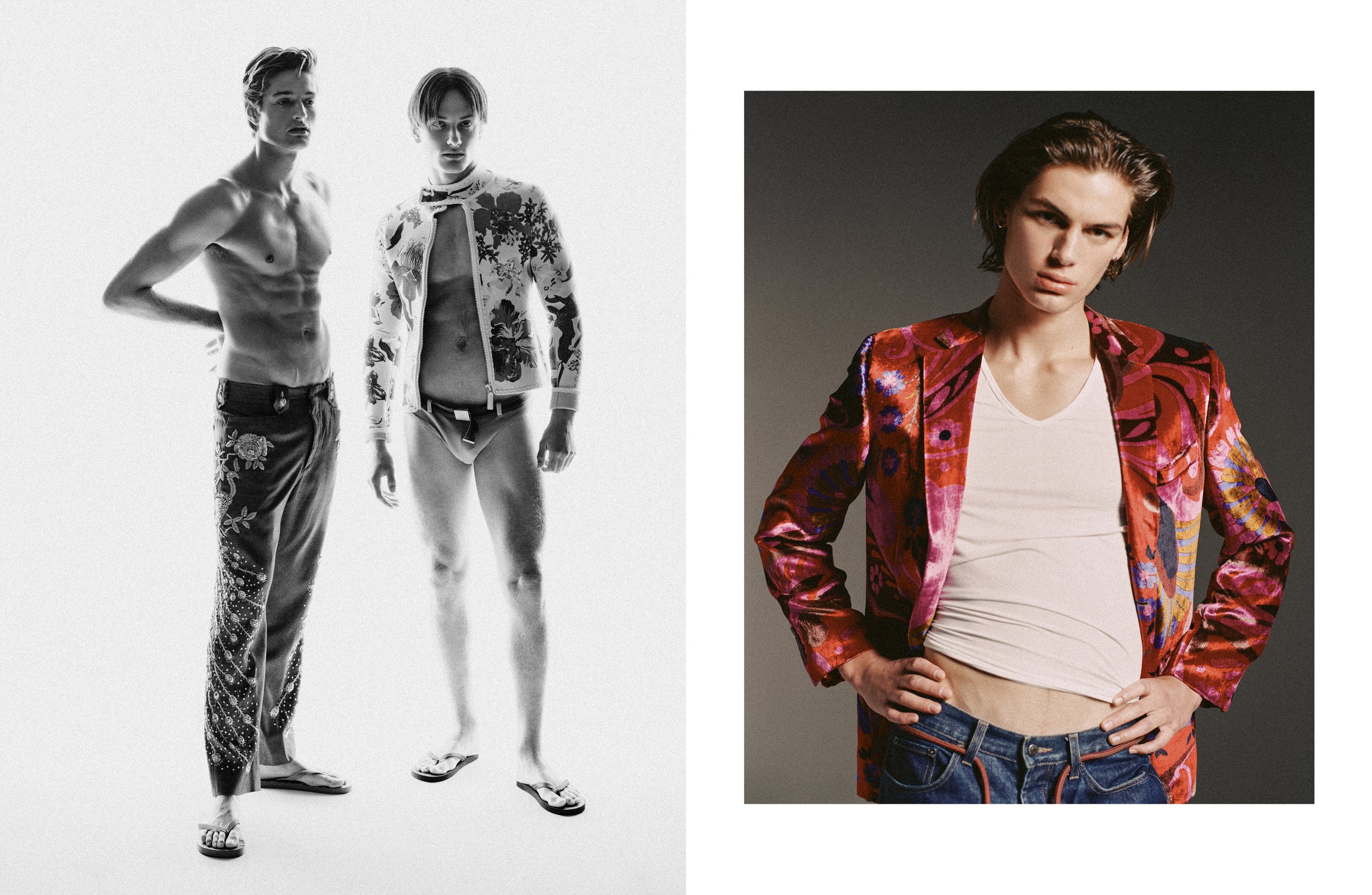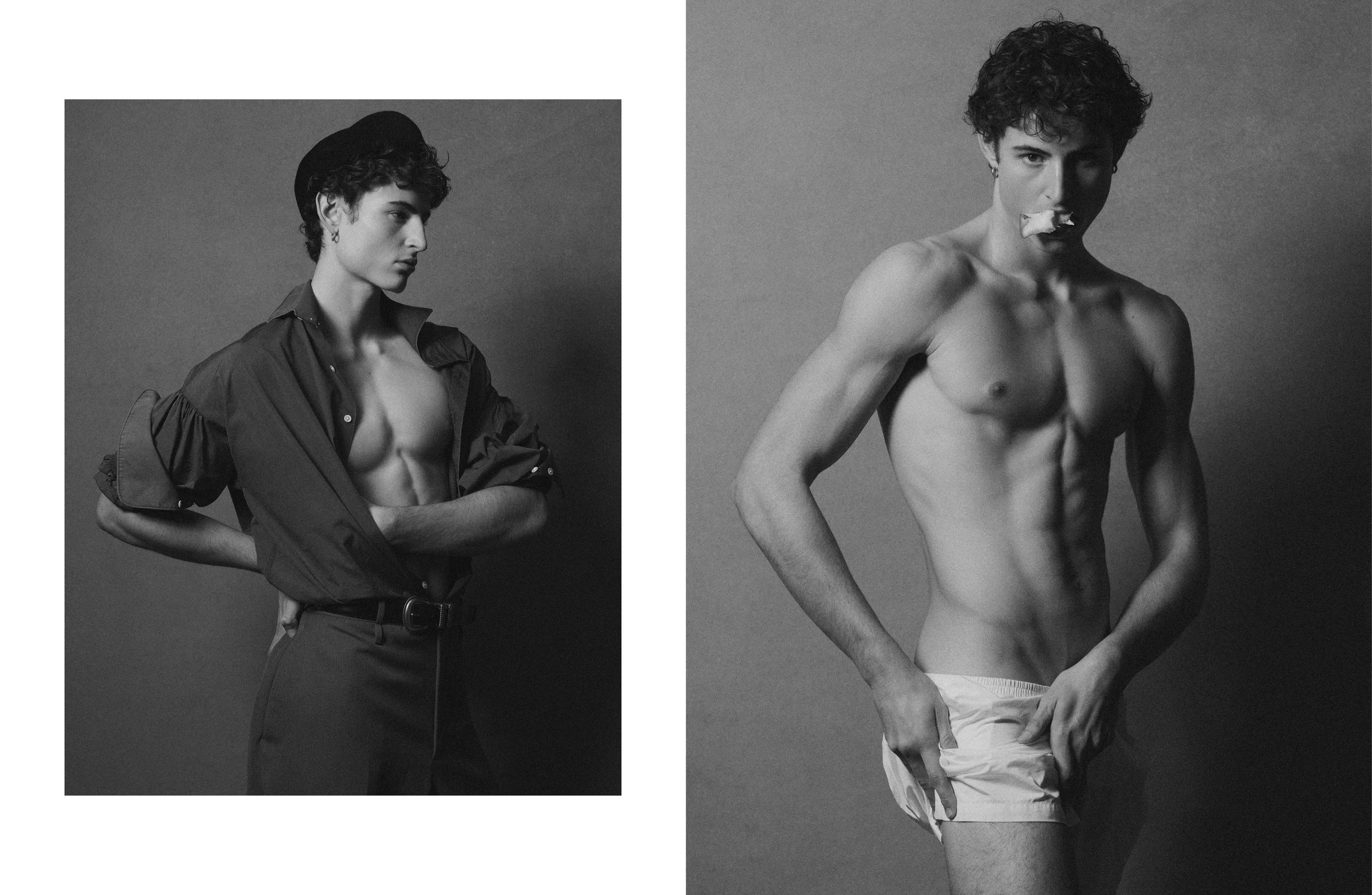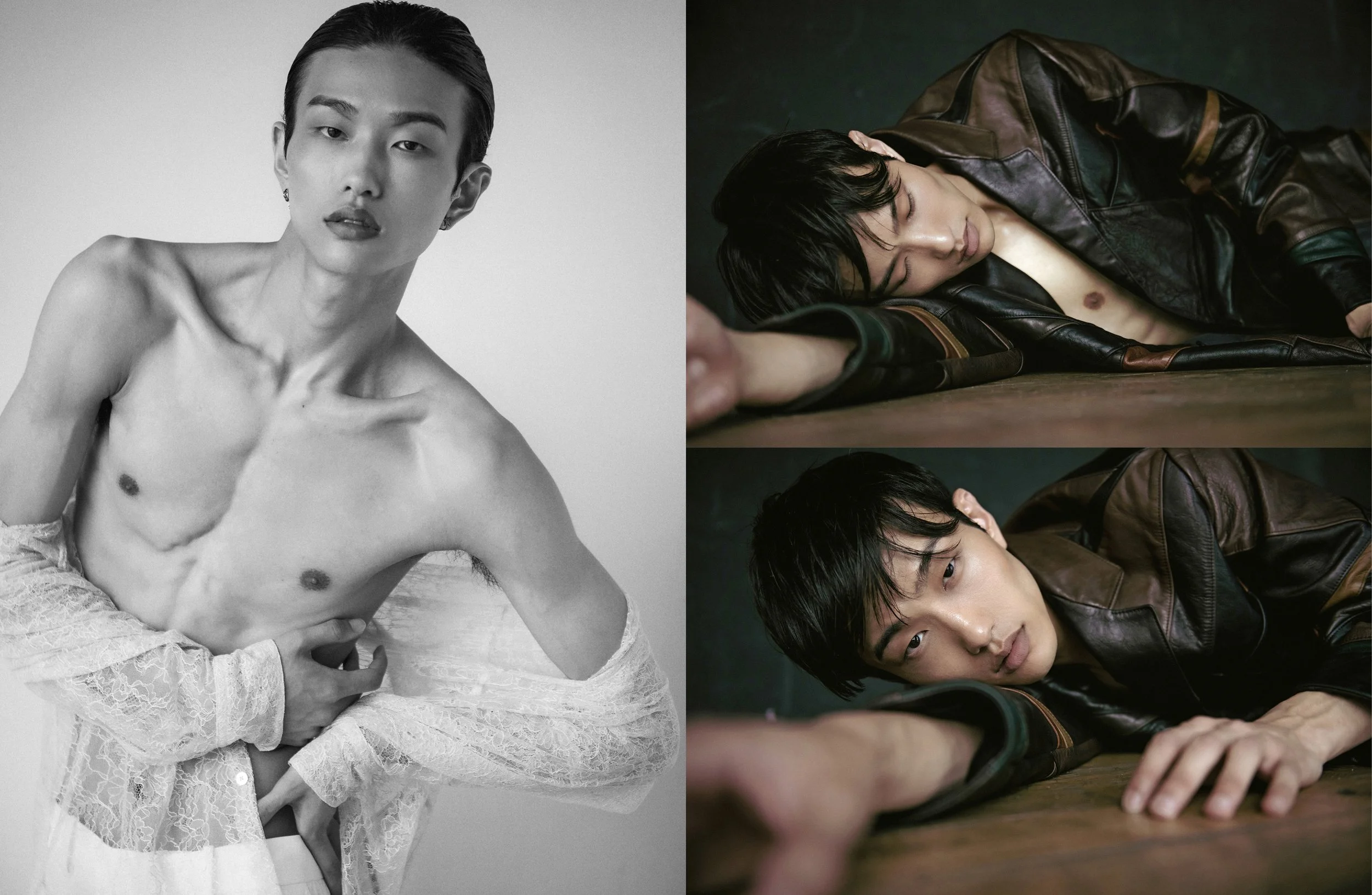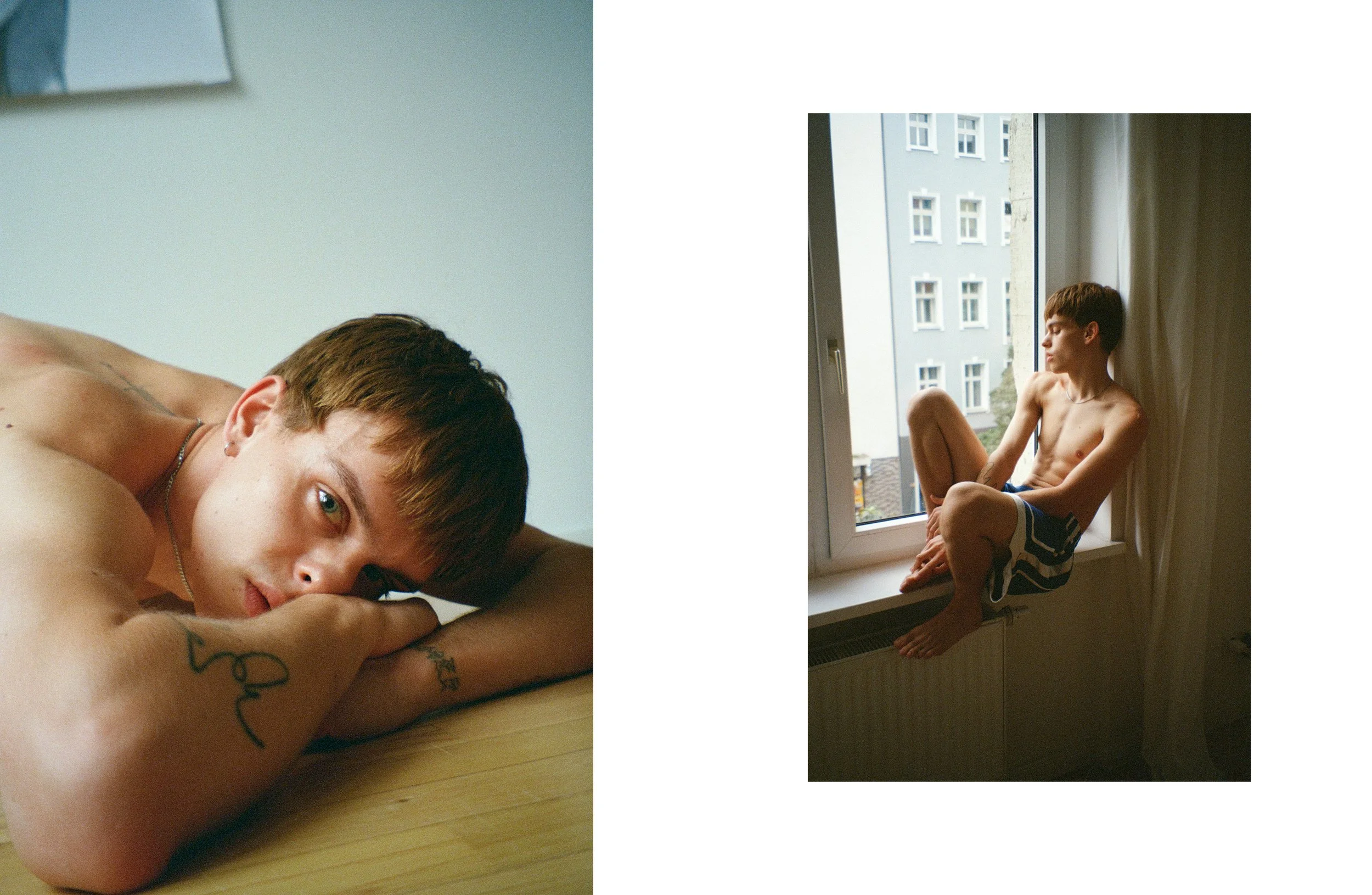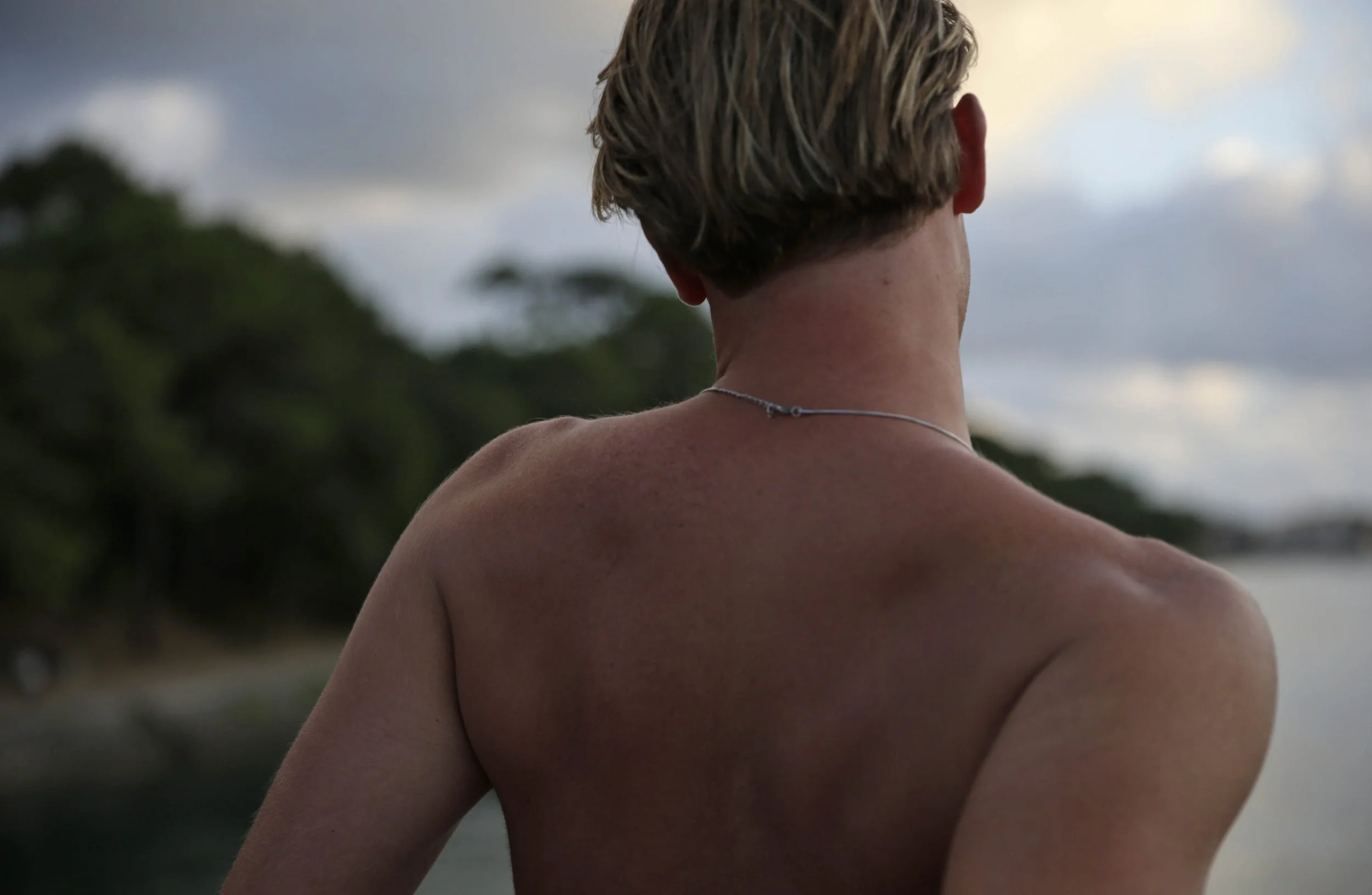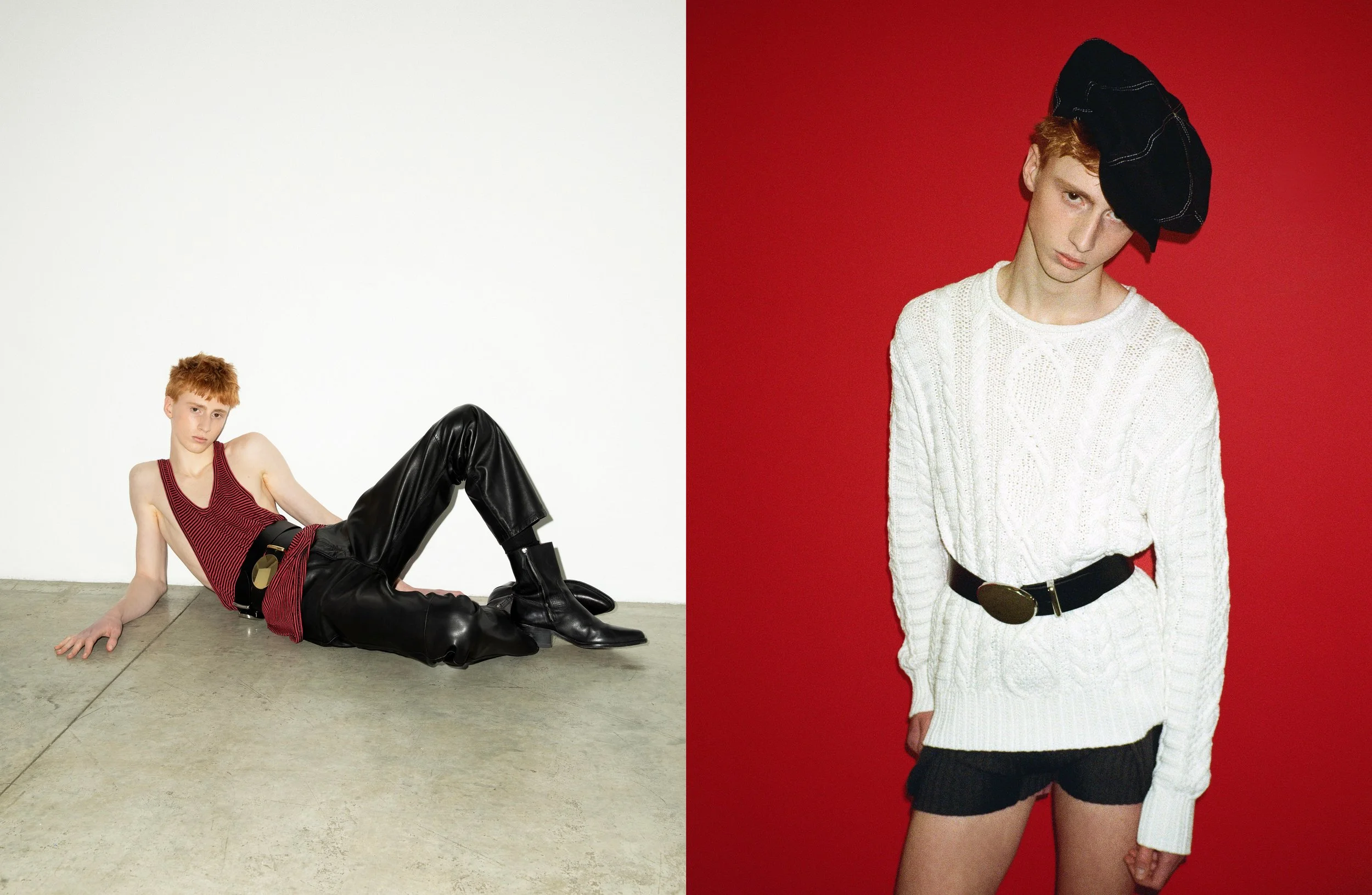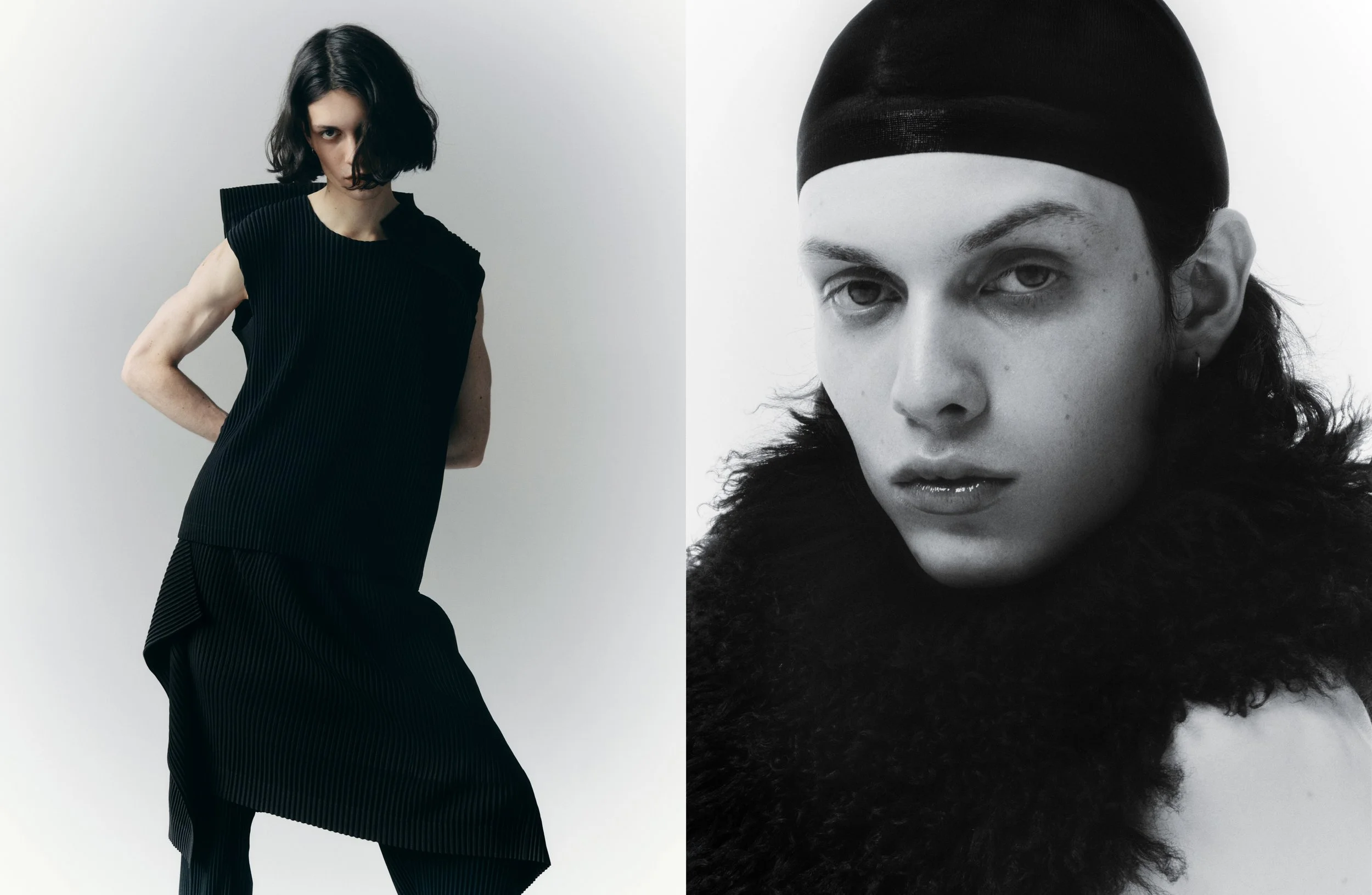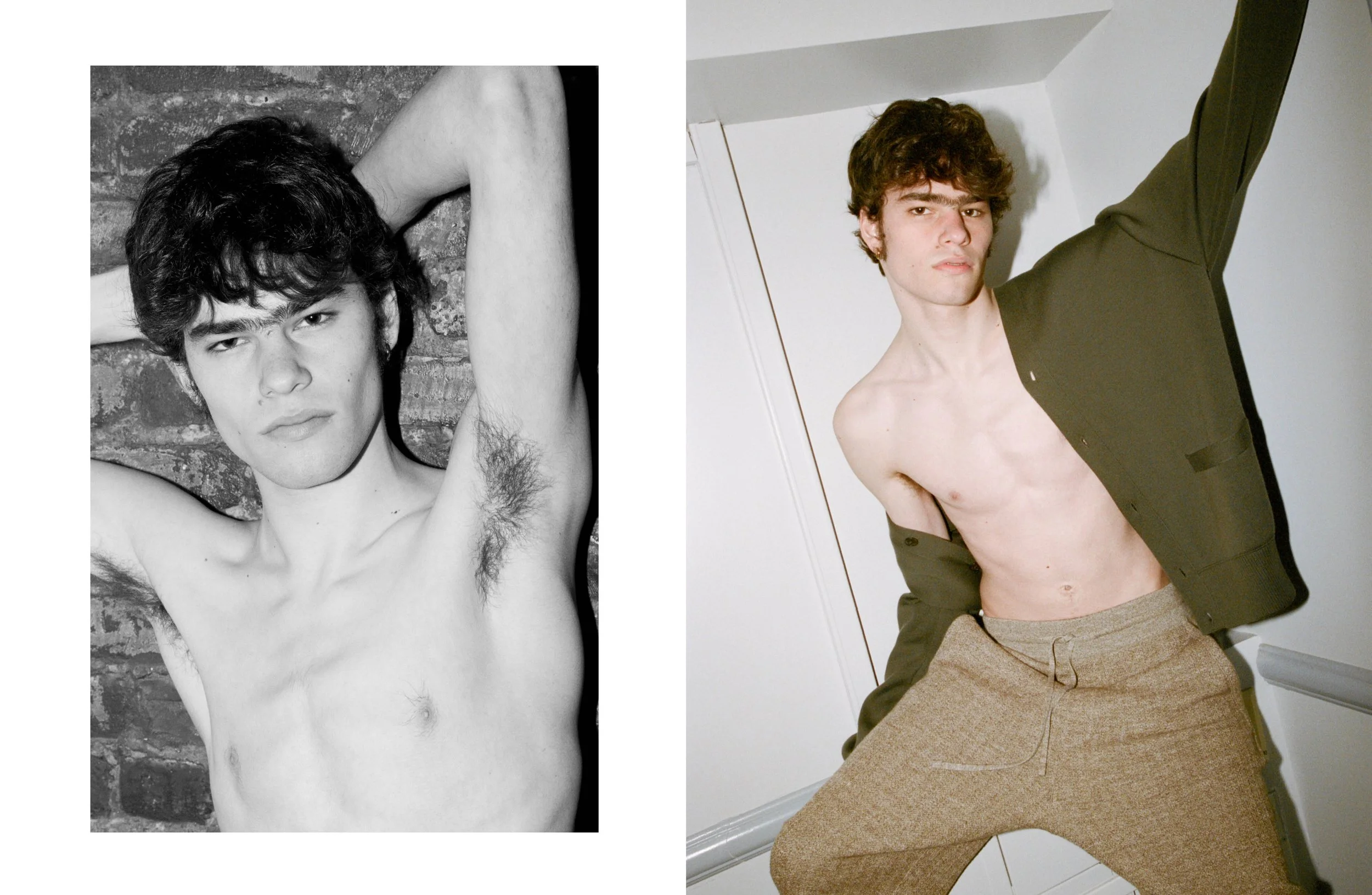Diego Calva is not here to play it safe. Leaping from the riotous chaos of Babylon, he lands in the quiet ache of On Swift Horses. Directed by Dan Minahan and adapted from Shannon Pufahl’s novel, the film is both a quiet epic and a study of intimacy. The actor anchors much of its emotional weight. Calva brings Henry to life— a queer, Latino drifter navigating a world that demands camouflage and compromise. Starring alongside Jacob Elordi, the two portray a volatile yet magnetic pair. But for Calva, the film isn’t just a love story, it’s a manifesto for community.
Over the course of our conversation, Calva deepens the ties between himself and his character. From dog metaphors to the emotional need for subcultures, Henry comes from a vulnerable core in Calva. He is, in every sense, an actor who doesn’t just perform a role. What emerges is a portrait of an artist willing to be vulnerable, political and deeply human.
By embodying a character who lives on the margins of history, Calva offers something radical: tenderness as rebellion, love as survival.
Shirt & sunglasses Saint Laurent by Anthony Vaccarello, pants Hyke
I have to tell you, I’ve been so excited for On Swift Horses to come out. How did you first find out about the project?
Well, actually, Horses was the first project I got offered without having to audition. At the time, maybe two years ago, it was a bit confusing. Now I understand it as such a compliment, if someone is casting you, without casting, it means they believe in you. At the time, I didn’t get that. It just felt like a lot of pressure. I was finishing up the press tour for Babylon. It was my first press tour, my first Hollywood experience. I was all over the place. I was happy but also kind of depressed, I had been in the spotlight for the first time and been away from home for two years. I was exhausted both emotionally and physically. I knew it was a complex movie. I read the script and loved it. Maybe that was the problem. It was so beautiful, and I fell in love with Henry right away. I had this respect for the project and the character.
I called Dan [Minahan] and I told him, “Your movies are beautiful, Henry is beautiful, but I’m not beautiful, I’m not ready for it.” We had an amazing conversation. First, he told me, “Diego, we’re two weeks out of shooting,” and that he cast me right away because he knew I was Henry. For me, a project is not about the script or the character at first, it’s about the director. I go to therapy a lot because of it, but to me, a director assumes a paternal or maternal role. That relationship is really important to me. In this case, I felt Dan was trusting me, believing in me. That was the energy I needed.
Full look Tom Ford
You said you immediately felt drawn to Henry. How did you go about finding him? Was it instinctual, or did you do a lot of research?
It was my second period movie in Hollywood. I did a lot of research for Babylon. That movie was, process-wise, the most extensive project I’ve ever done. Because of it, I knew the realities of being Latino during the first half of the 20th century. For this, I worked with Dan to make it so Henry could feel closer to me somehow. Growing up, I was always trying to be a part of something. Back in the day, here in Mexico City, I was a part of punk bands, I skateboarded… I was always trying to be a part of a subculture. These subcultures in America at that time worked as a place where people that were queer, poor, or in this case, even Latino, could exist. Henry is two times a misfit—he’s Latino and he’s queer. It made sense that he tried to find a home elsewhere. On the personal side, I based Henry on a dog. Here in Mexico City, there are a lot of dogs without a home that know how to please humans. They know how to play the good dog to find some food, but in the end, they don’t trust humans, they just need them to survive. I think of Henry like that. He is who he needs to be to survive, but he’s always hiding in a way. I found the idea that he finds the person whom he can be himself beautiful.
Full look Loewe
If that is how you found Henry when he’s protecting himself against the world, what is he like when he’s in the safety of intimacy?
When your childhood years are taken from you, your intimacy is always about going back to your inner child. For Henry, in those moments with Julius, he’s a child. That’s why he runs away. Being home, being in love, is unknown to him.
Speaking of the intimate nature of those scenes, there seems to be a lot of discourse on the purpose, or rather necessity, for sex scenes to exist. What role do you think they play in this movie?
There are probably movies where you can take out the sex scenes and it’s the same movie. But, in this case, they’re very complex. I’m going to make a wild comparison but if you think of Crash by David Cronenberg, it’s a movie about someone who gets turned on by a car crash. You need the sex scenes to explain what’s going on. In a way, I think this movie is the same. The sex scenes in this case are home for them, it’s their moments of freedom. It’s in these that the characters are learning how to love. They’re not scenes meant to turn anyone on. It’s like watching people learning how to kiss, how to touch each other and how they want to be touched.
Full look Tom Ford
Knowing that that uncertainty is so important for them to work, how did you approach those scenes? How much preparation was there on your side?
The first time a couple has intercourse, you can feel their attraction. You get nervous, you think of how to please them. You move slower and take your chances. After you pass that threshold, you’re free. I think that’s what happened with Jacob [Elordi] and me. We started slowly and didn’t try to figure out how we were going to play every scene. What we knew was that it was supposed to be love. It wasn’t just sex. These two guys have probably already had sex with men. They knew what that feeling was. Falling in love, on the other hand, is something new for the two of them. It wasn’t about the sex, but about learning how to feel safe and love each other. You can’t rehearse that. It’s a dance.
I felt that watching them. The sex scenes don’t feel performative or masturbatory. It’s two people that exist for each other…
And for the world today. I think you used a word like necessary. In this case, I think that’s exactly what it is. For example, the scene with the book club, you’re seeing lesbian women having fun. You’re seeing me, a Latino, kiss a white guy. It’s not just that the sex scenes are important for the movie, I think they’re needed in the media today.
Full look Loewe
I agree. Especially in the period it represents, there’s such a hole in history of what the lives of queer people were. Did you feel any added weight because of the specificity of the story you were telling?
Not during the process of doing it, because then it would be me being judgmental. But there’s something about the press tour that is therapeutic. You’re hearing yourself talk about the character and how people respond to it. You find so many new layers as people interpret it, and then the pieces of the puzzle start making sense. For example, there’s one piece of dialogue that I love now because it shows the political aspect of my character. When Henry tells Julius that they’re not the same. It’s just an easy line, it’s not a pamphlet. But it is the acknowledgement of what being pop Latino and queer is. If something went wrong, the police would go after him. It’s a feeling I have, too. I know what it felt like during my first Hollywood movie, and the amount of questions I got like, “Can you believe you’re a Latino acting with Brad Pitt?” For me, that dialogue is a recognition of something that I have felt too.
What I like about this movie is that it’s contemporary. Not in the actual time it’s set, but in what it says. We live in a crazy world. This is a reminder that we can’t ever walk back, we can only go forward. We should never have to go back into hiding. And now it seems like a possibility in a scary way. I hope this movie makes us understand that we have already crossed a threshold, we won’t go backwards.
Full look Tom Ford
…
Discover the full story in our FW25 Issue - out next Fall25
Interview by
Photography by David Macke
Fashion by Victoria Bartlett
Fashion Editor by Michael Andrew
EIC Michael Marson
Grooming by Jessica Ortiz
Assistant by Daniel Martinez

